
“When you say leader, you don't mean a group, you don't mean a community. You mean "someone" - it's hyper individualistic. More than leadership what we need is communityship.” – Henry Mintzberg
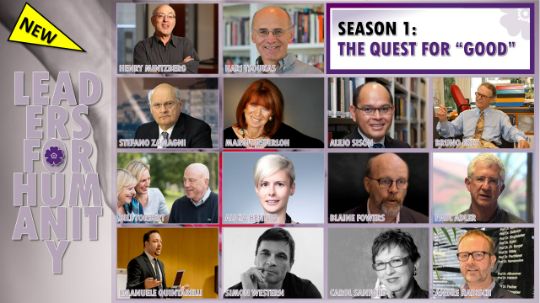
NOW AVAILABLE: The recording & some of our preferred quotes
"When the economy of free enterprises becomes a society of free enterprise, a Corporate Society, its citizens are no longer free." "We are driving to compete, collect and consume our way to neurotic oblivion"
- 24:41
"The Supreme Court of the United States legalized bribery, some years ago, it's called Citizens United. And what they did, literally, was to throw the door open to political donations from the wealthy."
- 32:26
"We need to fix capitalism. But we're never going to fix capitalism if we don't fix society. Capitalism is rampant in society. And nowhere is this better exhibited than in phrases like "democratic capitalism". People don't even think about what they're saying, which is that capitalism is more important than democracy."
- 1:11:57
"Globalization, which is economic globalization, is incontestable. It has no countervailing power, nobody can stand up. Even the big countries have trouble standing up to international globalization."
- 38:45
"The idea that a CEO should accept to be paid 300 times as much as the workers in the company makes that person not a leader. If you want a definition of someone who's not a leader, it's somebody who by his pay is prepared to send the message that I'm 300 times more important than any of my workers. That's an abomination."
- 1:11:57
"Leadership is important. But the trouble with the word leadership is it implies an individual. When you say leader, you don't mean a group, you don't mean a community. You don't mean several people, you mean someone. And it's hyper individualistic.More than leadership what we need is communityship."
- 1:29:01
[Business Schools] are minting money by mistreating education. They're minting money by sending people out who don't have a clue what real management is about, and are distorted from finding out. The few studies we have of MBAs as CEOs, including Harvard MBAs, show they do worse and get paid more.
- 1:38:50
Do, it's up to you, everybody. It's what you do. It's not what you think it's not what you care about. It's not what you complain about. It's what you do to affect some kind of restoration of balance.
- 1:49:07
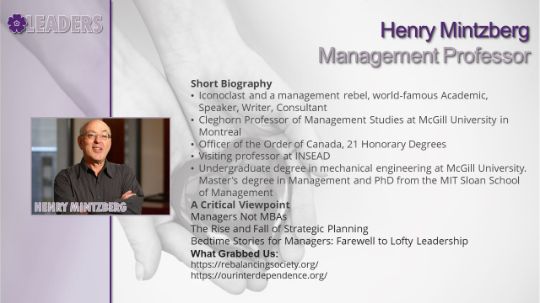
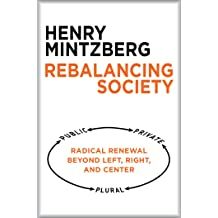
Rebalancing Society: Radical Renewal Beyond Left, Right, and Center
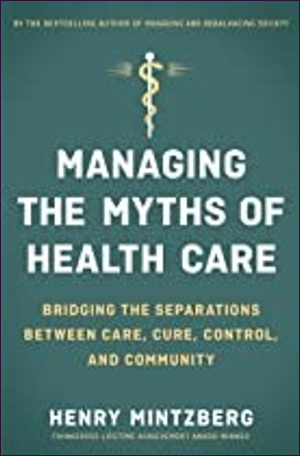
Managing the Myths of Health Care: Bridging the Separations between Care, Cure, Control, and Community
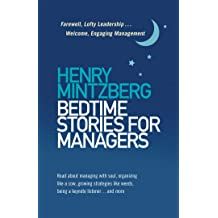
Bedtime Stories for Managers: Farewell to Lofty Leadership. . . Welcome Engaging Management
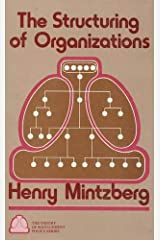
The Structuring of Organizations (Theory of Management Policy) - New edition coming soon
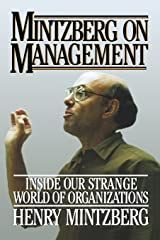
Mintzberg on Management
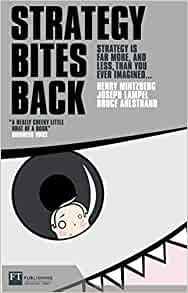
Strategy Bites Back: Strategy in Far More, and Less Than You Ever Imagined
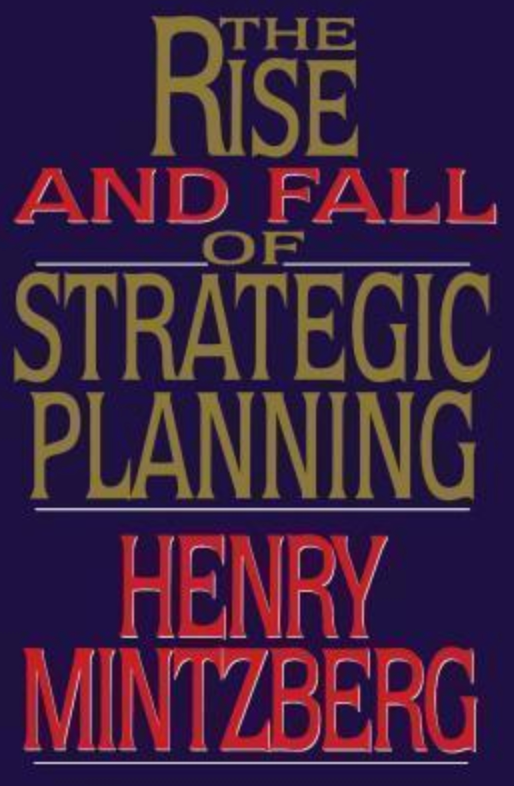
The Rise and Fall of Strategic Planning:
Mintzberg concludes that the term is an oxymoron.
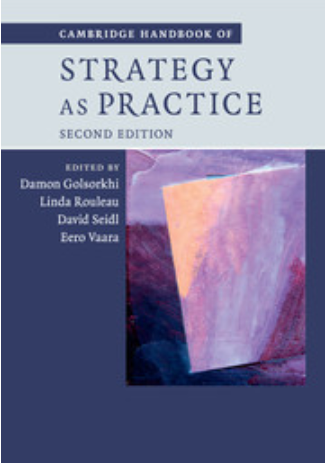
Handbook Strategy as Practice:
This Handbook provides a comprehensive overview of an
Alternative View on Strategy.

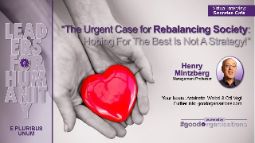
The Best Bits from Our Leaders for Humanity Interview with Henry Mintzberg
NOW AVAILABLE: The recording & podcast
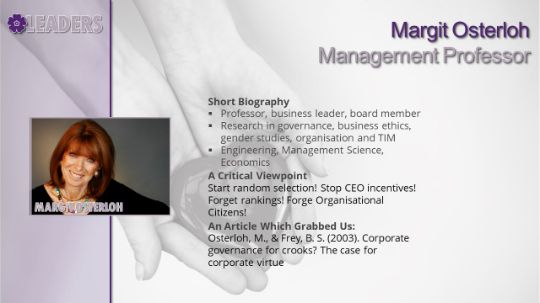
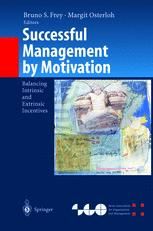
Successful Management by Motivation -Balancing Intrinsic and Extrinsic Incentives
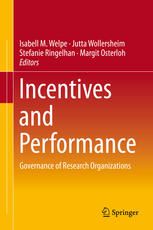
Incentives and Performance - Governance of Research Organizations

Prozessmanagement als Kernkompetenz: Wie Sie Business Reengineering strategisch nutzen können

Investition Vertrauen -Prozesse der Vertrauensentwicklung in Organisationen
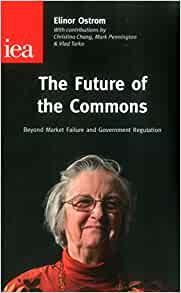
The Future of the Commons: Beyond Market Failure & Government Regulations
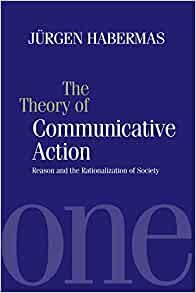
Theory of Communicative Action, Volume 1: Reason and the Rationalization of Society
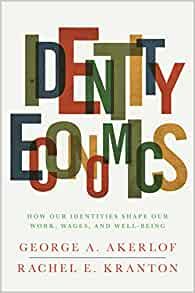
Identity Economics: How Our Identities Shape Our Work, Wages, and Well-Being

Industrial Organization (The International Library of Critical Writings in Economics series)
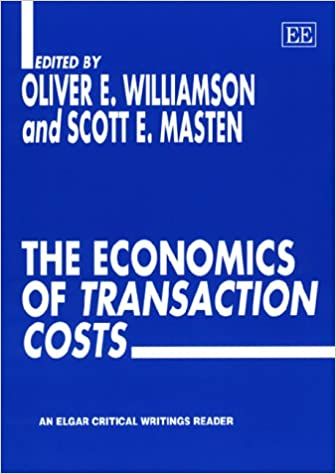
The Economics of Transaction Costs

Stop the Corporate Crooks… Now!

The Best Bits from Leaders for Humanity with Margit Osterloh
NOW AVAILABLE: The recording & podcast

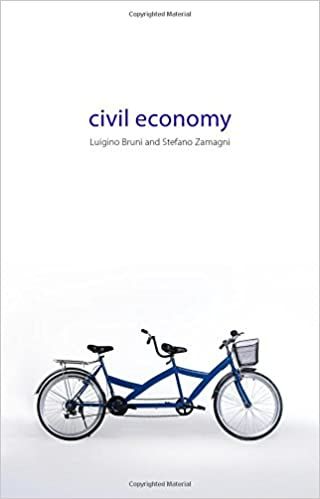
Civil Economy: Another Idea of the Market
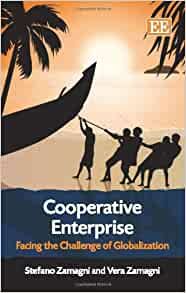
Cooperative Enterprise – Facing the Challenge of Globalization
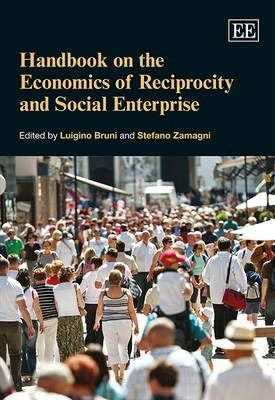
Handbook on the Economics of Reciprocity and Social Enterprise
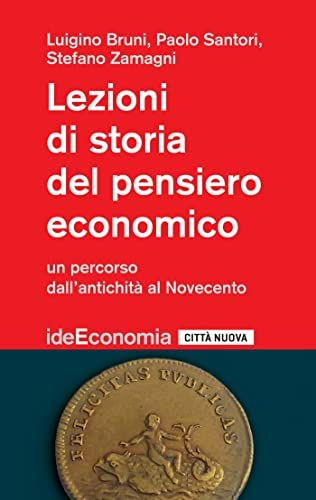
Lezioni di storia del pensiero economico: Un percorso dall'antichità al Novecento
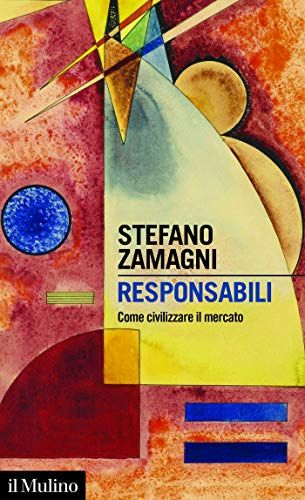
Responsabili: Come civilizzare il mercato
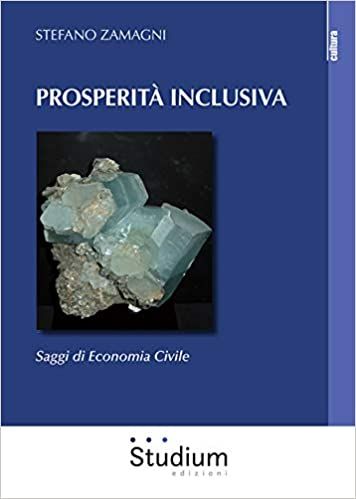
Prosperità inclusiva. Saggi di economia civile
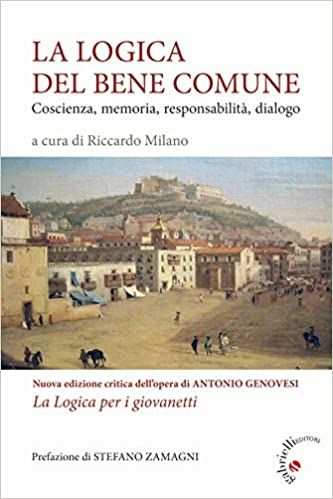
La logica del bene comune. Coscienza, memoria, responsabilità, dialogo.
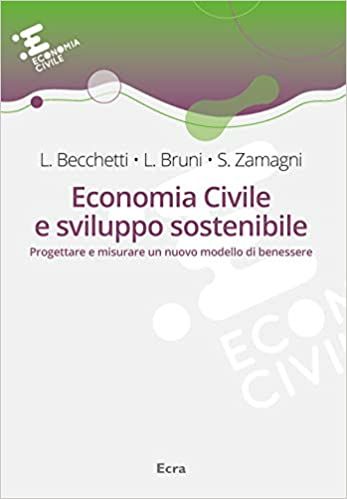
Economia civile e sviluppo sostenibile. Progettare e misurare un nuovo modello di benessere
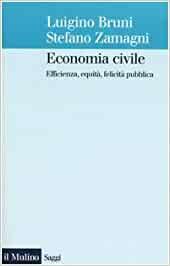
Economia civile. Efficienza, equità, felicità pubblica
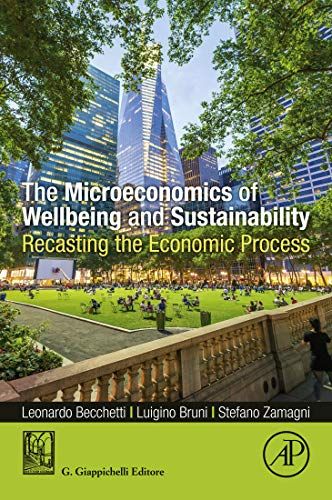
The Microeconomics of Wellbeing and Sustainability: Recasting the Economic Process
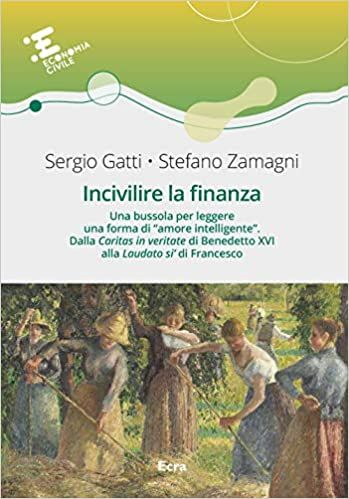
Incivilire la finanza. Una bussola per leggere una forma di «amore intelligente». Dalla «Caritas in veritate╗ di Benedetto XVI alla «Laudato si’» di Francesco
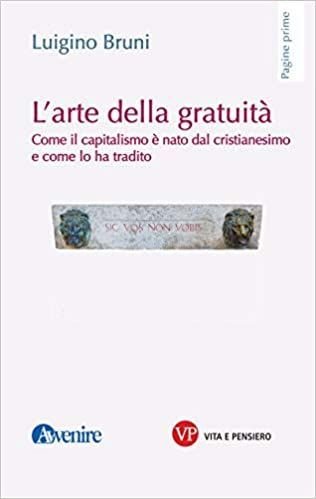
L'arte della gratuità. Come il capitalismo è nato dal cristianesimo e come lo ha tradito
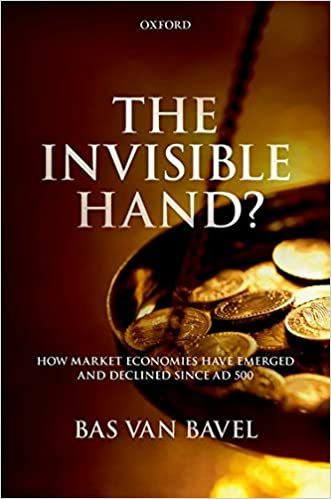
The Invisible Hand?: How Market Economies have Emerged and Declined Since AD 500
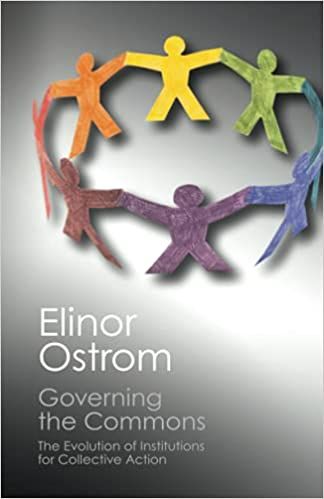
Governing the Commons: The Evolution of Institutions for Collective Action
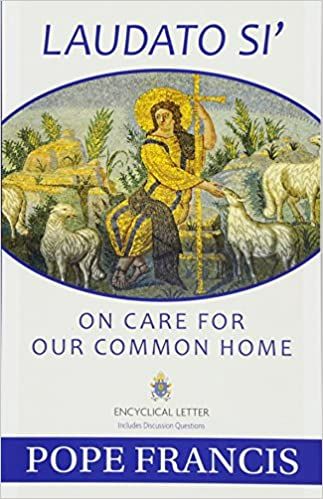
Laudato Si: On Care for Our Common Home
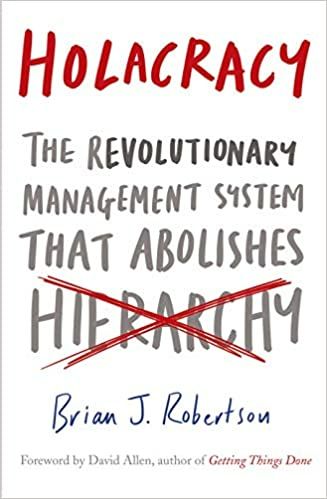
Holacracy: The Revolutionary Management System that Abolishes Hierarchy
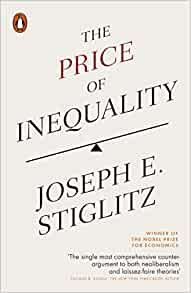
The Price of Inequality
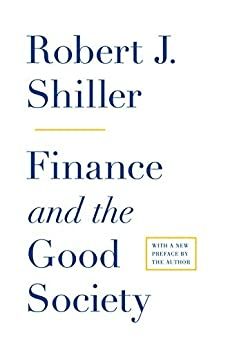
Finance and the Good Society
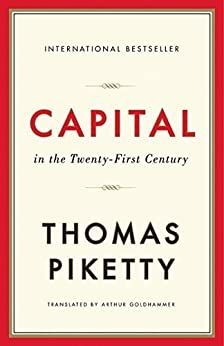
Capital in the Twenty-First Century
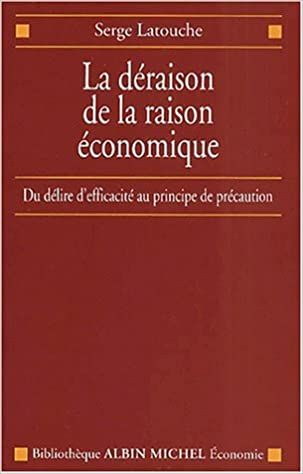
La Déraison de la raison économique: Du délire d'efficacité au principe de précaution
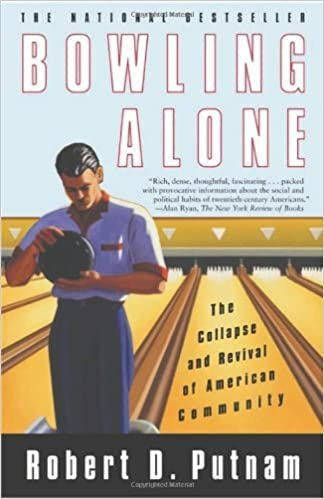
Bowling Alone
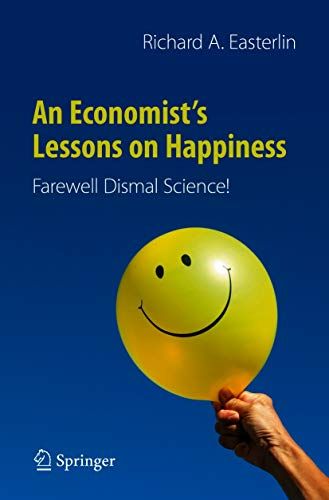
An Economist’s Lessons on Happiness: Farewell Dismal Science!
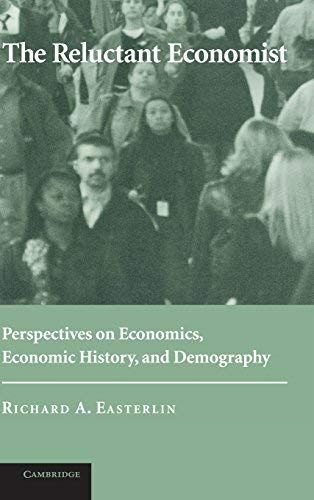
The Reluctant Economist: Perspectives on Economics, Economic History, and Demography
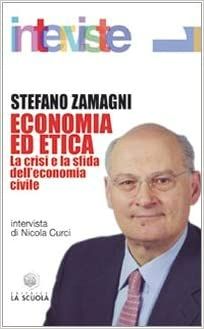
Economia ed etica. La crisi e la sfida dell'economia civile
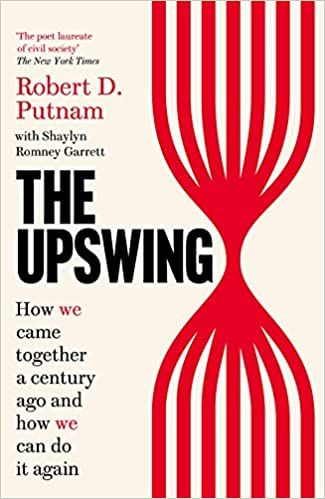
The Upswing: How We Came Together a Century Ago and How We Can Do It Again
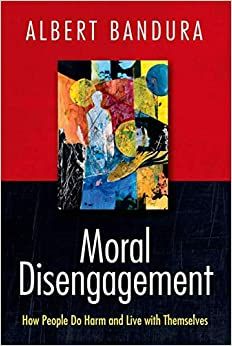
Moral Disengagement: How People Do Harm and Live with Themselves
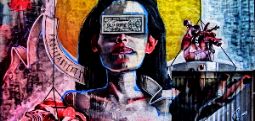
How Economic Science Lost Its Heart and Soul (…and What We Can Do About It)

The Best Bits from Leaders for Humanity with Stefano Zamagni
NOW AVAILABLE: The recording & podcast
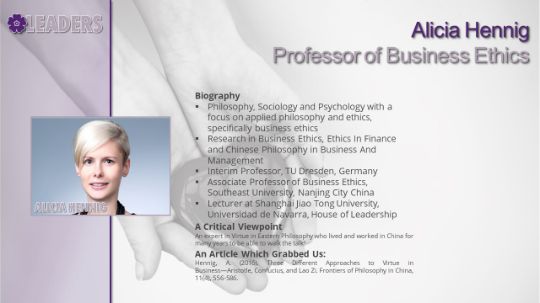
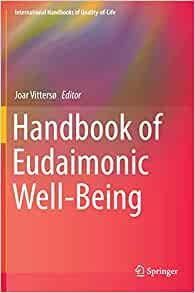
Handbook of Eudaimonic Well-Being
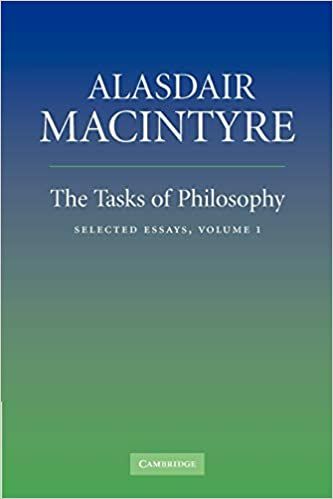
The Tasks of Philosophy, Volume 1: Selected Essays
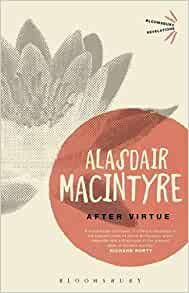
After Virtue
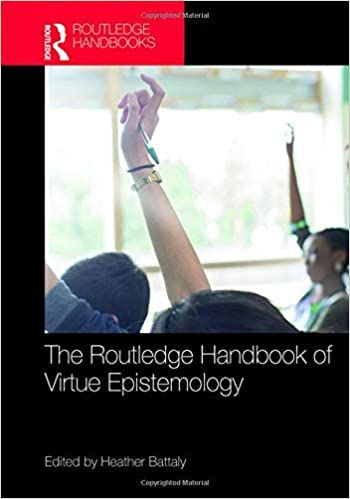
The Routledge Handbook of Virtue Epistemology
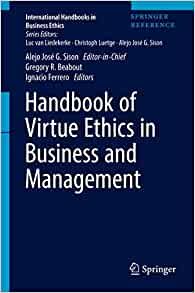
Handbook of Virtue Ethics in Business and Management

The Oxford Handbook of Virtue

The Nicomachean Ethics
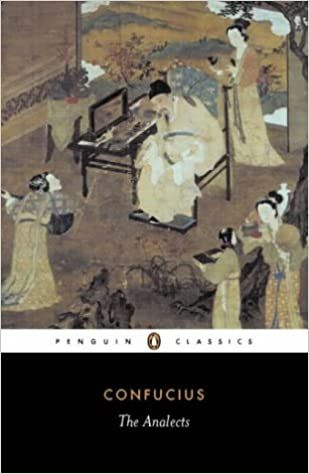
The Analects
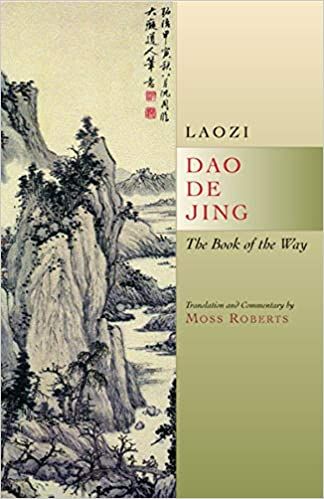
Dao De Jing: The Book of the Way
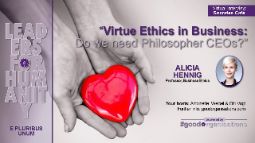
The Best Bits from Leaders for Humanity with Alicia Hennig
NOW AVAILABLE: The recording, transcript and podcast
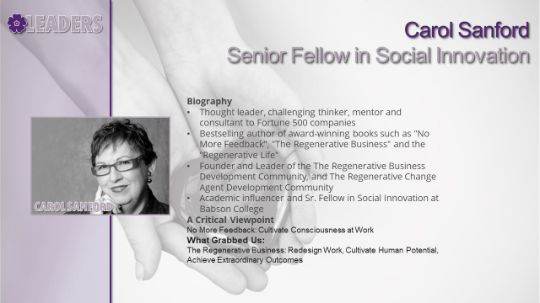
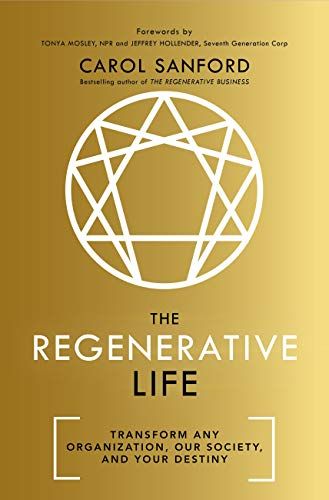
The Regenerative Life: Transform any organization, our society, and your destiny
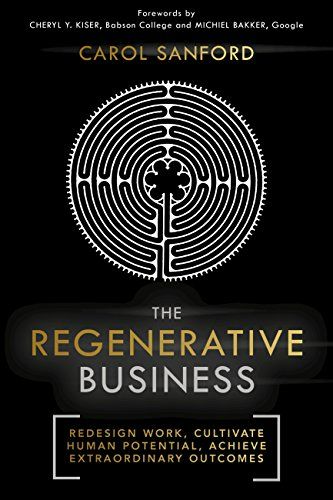
The Regenerative Business: Redesign Work, Cultivate Human Potential, Achieve Extraordinary Outcomes
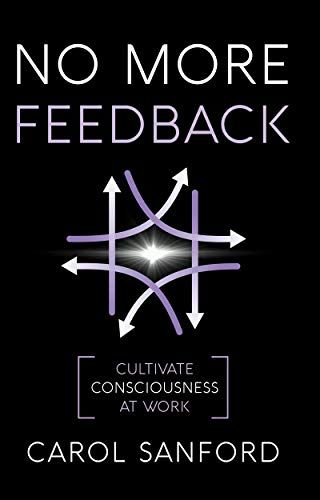
No More Feedback: Cultivate Consciousness at Work

The Responsible Business: Reimagining Sustainability and Success
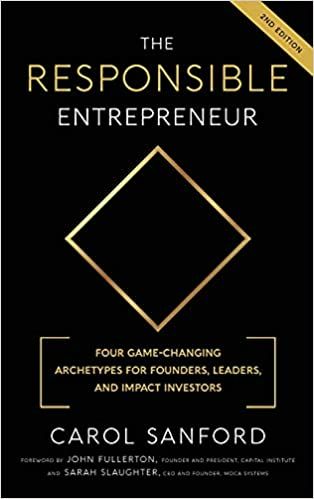
The Responsible Entrepreneur: Four Game Changing Archetypes for Founders, Leaders, and Impact Investors
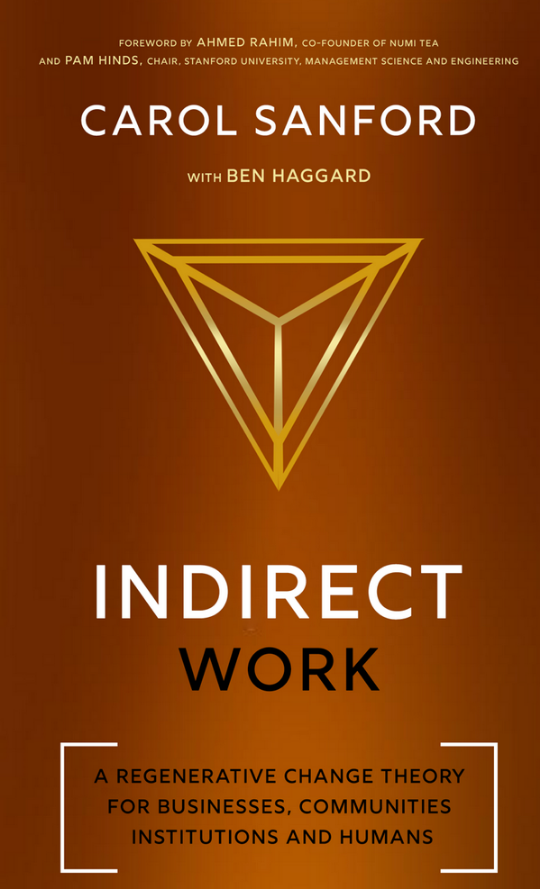
Indirect Work: The Oldest and Best Researched Way to Create Real Change

The Best Bits from Leaders for Humanity with Carol Sanford
NOW AVAILABLE: The recording, transcript and podcast
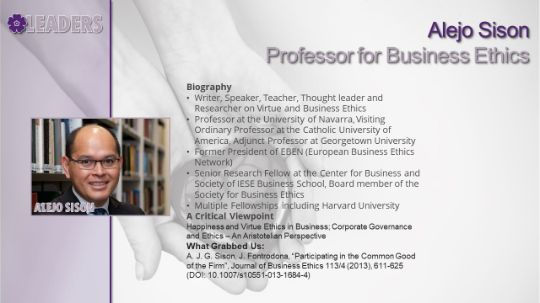

Handbook of Virtue Ethics in Business and Management

The Moral Capital of Leaders: Why Virtue Matters
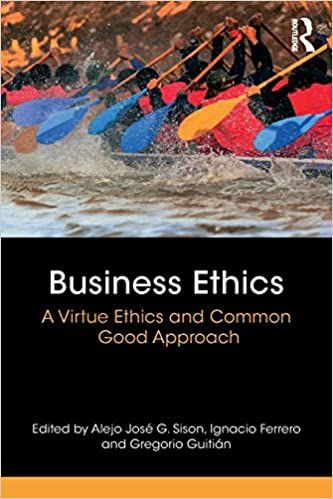
Business Ethics: A Virtue Ethics and Common Good Approach
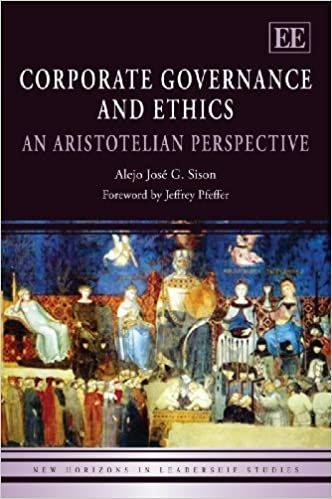
Corporate Governance and Ethics: An Aristotelian Perspective
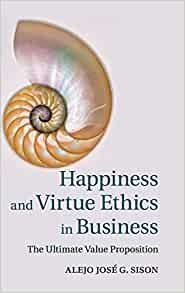
Happiness and Virtue Ethics in Business: The Ultimate Value Proposition
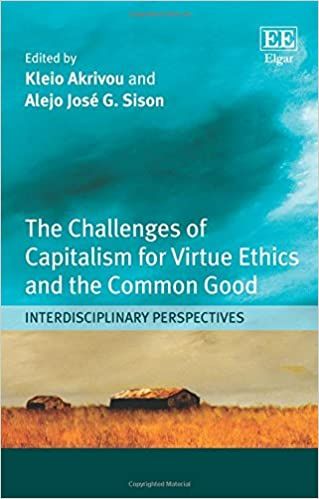
The Challenges of Capitalism for Virtue Ethics and the Common Good: Interdisciplinary Perspectives
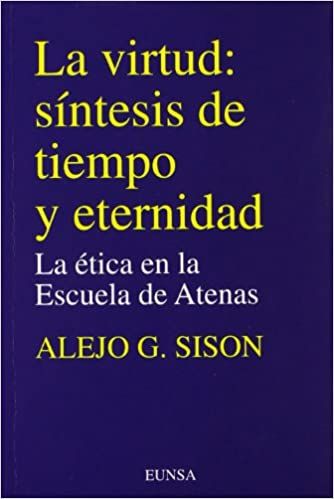
La virtud, sintesis de tiempo y eternidad: la etica en la escuela de Atenas

After Virtue

Virtue Ethics and Human Enhancement
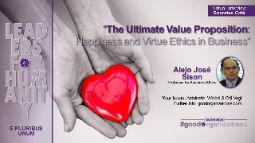
The Best Bits from Leaders for Humanity with Alejo Sison
NOW AVAILABLE: The recording, transcript and podcast
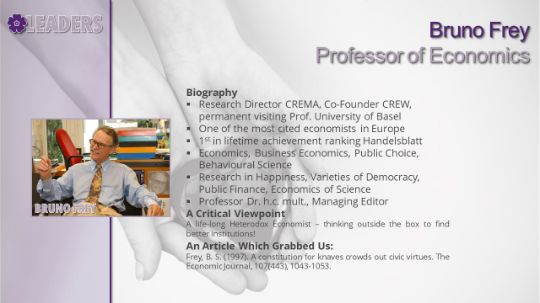

Happiness and Economics: How the Economy and Institutions Affect Human Well-Being
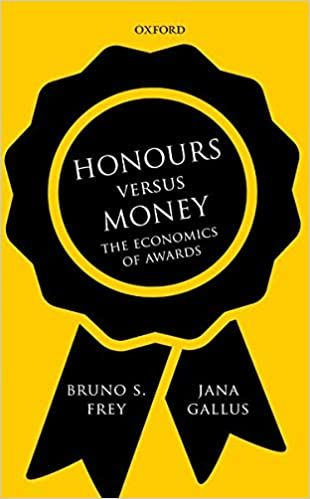
Honours versus Money: The Economics of Awards
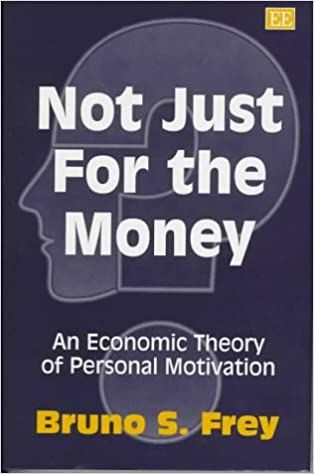
Not Just for the Money: An Economic Theory of Personal Motivation
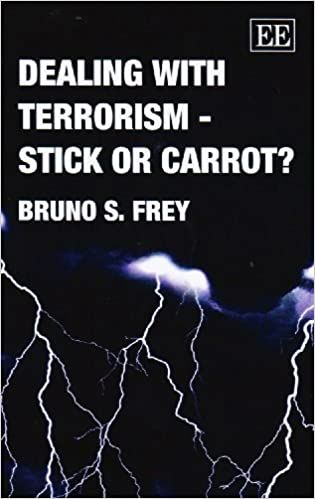
Dealing with Terrorism – Stick or Carrot?
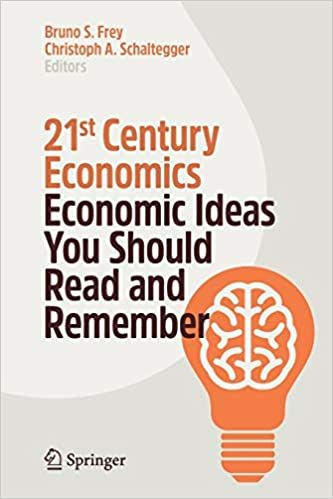
21st Century Economics: Economic Ideas You Should Read and Remember
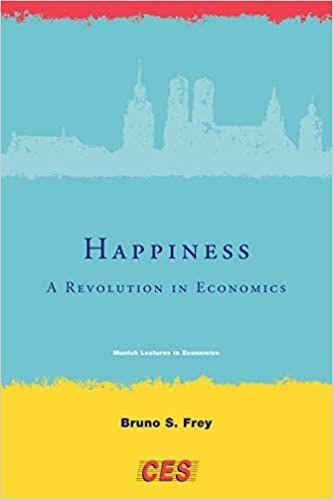
Happiness: A Revolution in Economics

Ökonomische Theorie der Politik
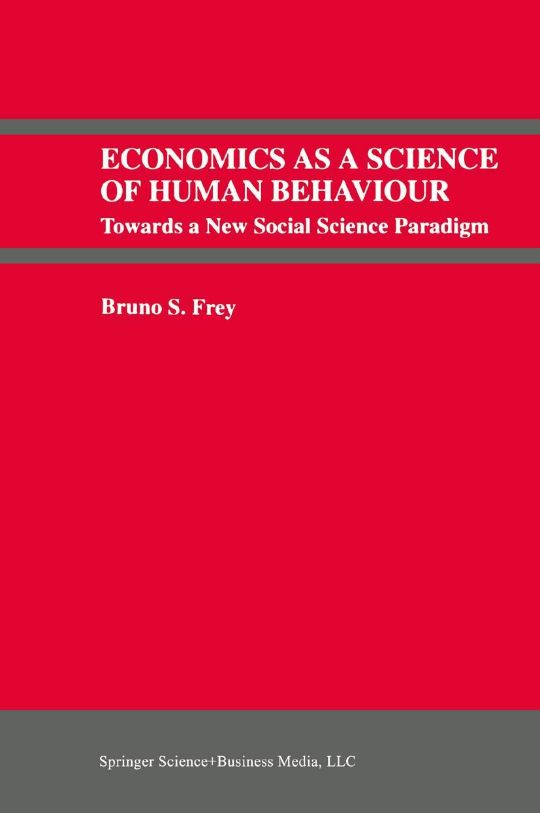
Economics as a Science of Human Behaviour

The Best Bits from Leaders for Humanity with Bruno Frey
NOW AVAILABLE: The recording, transcript and podcast
NOW AVAILABLE: The recording, transcript and podcast
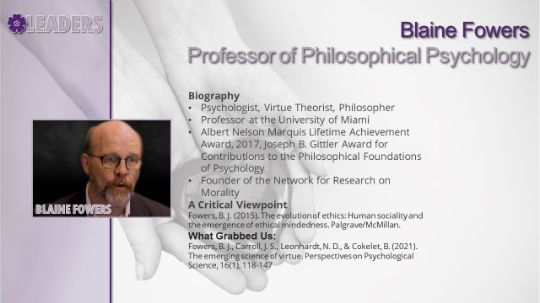
Selected Articles and concepts
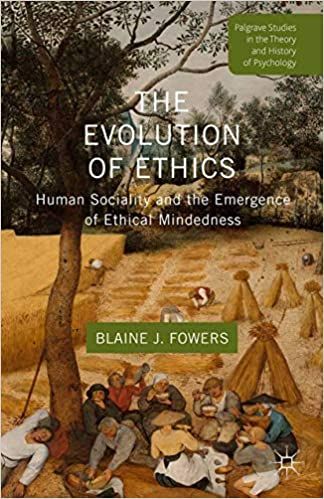
The Evolution of Ethics: Human Sociality and the Emergence of Ethical Mindedness
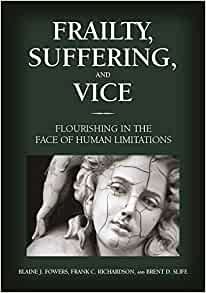
Frailty, Suffering, and Vice: Flourishing in the Face of Human Limitations

Virtue and Psychology: Pursuing Excellence in Ordinary Practices
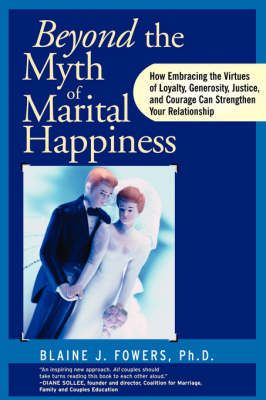
Beyond the Myth of Marital Happiness: How Embracing the Virtues of Loyalty, Generosity, Justice, and Courage Can Strengthen Your Relationship
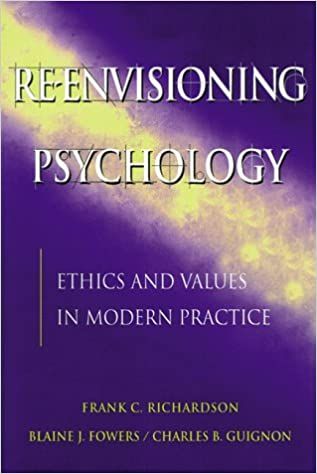
Re-envisioning Psychology: Ethics and Values in Modern Practice

The Will to Power
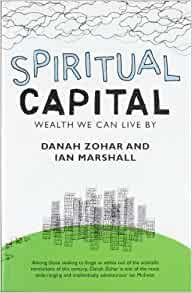
Spiritual Capital

The Best Bits from Leaders for Humanity with Blaine Fowers
NOW AVAILABLE: The recording, transcript and podcast

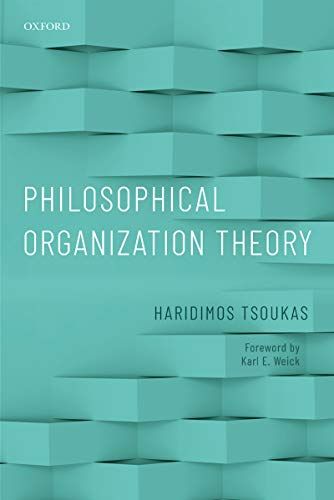
Philosophical Organization Theory
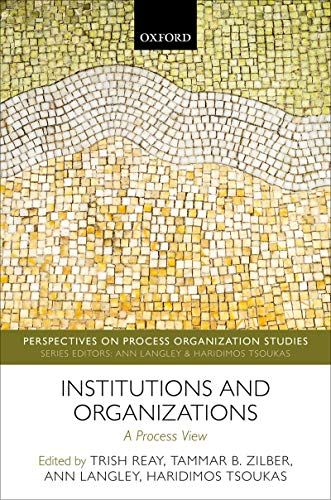
Institutions and Organizations: A Process View (Perspectives on Process Organization Studies)
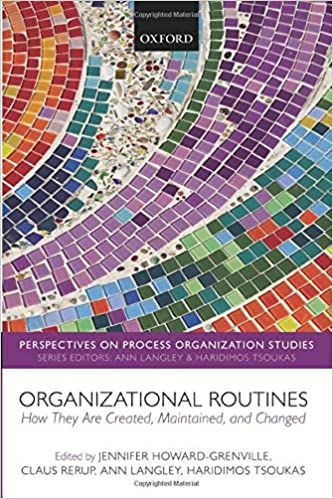
Organizational Routines: How They Are Created, Maintained, and Changed
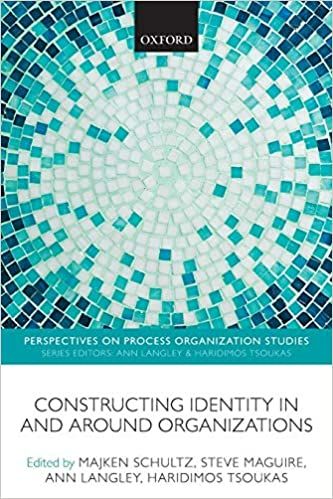
Constructing Identity in and around Organizations

The SAGE Handbook of Process Organization Studies
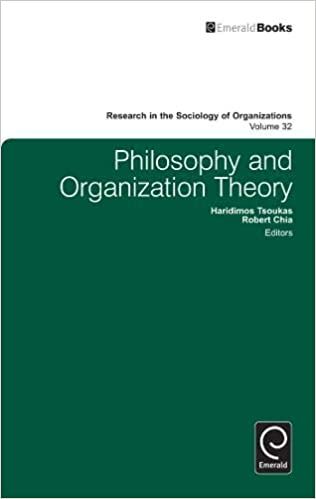
Philosophy and Organization Theory
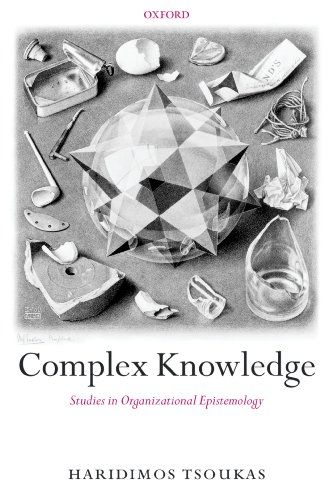
Complex Knowledge: Studies in Organizational Epistemology

The Oxford Handbook Of Organization Theory: Meta-theoretical Perspectives
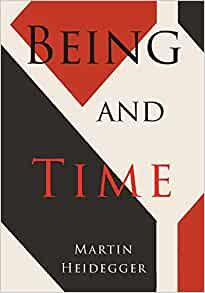
Being and Time
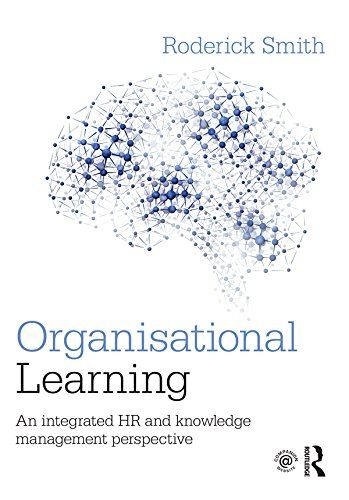
Organisational Learning -An integrated HR and knowledge management perspective
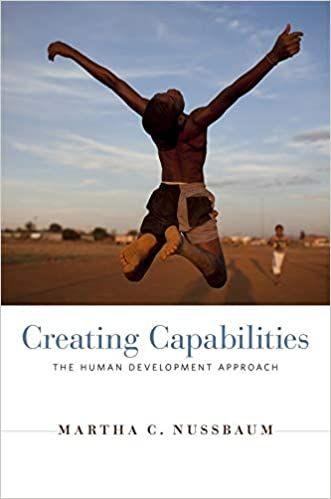
Creating Capabilities: The Human Development Approach
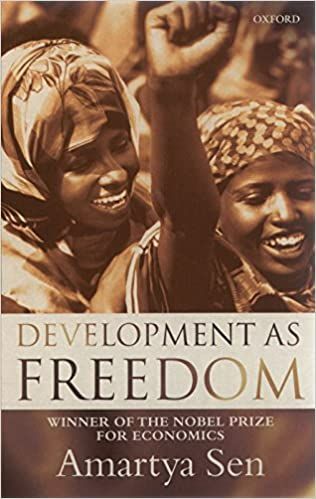
Development as Freedom
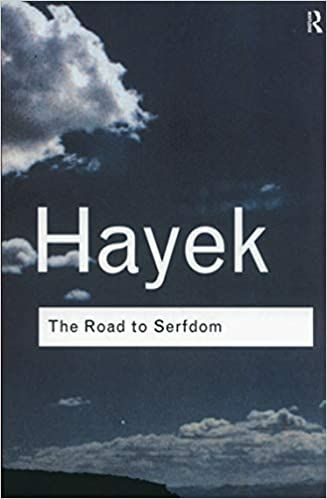
The Road to Serfdom
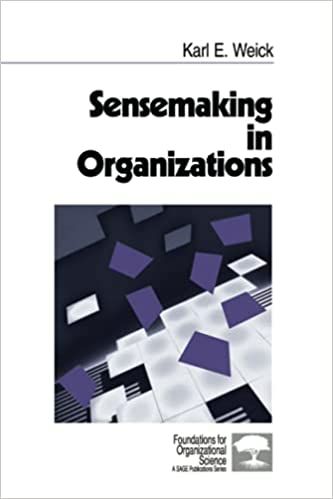
Sensemaking in Organizations

Philosophical Investigations
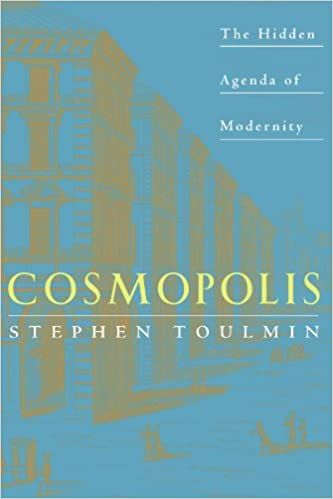
Cosmopolis: The Hidden Agenda of Modernity
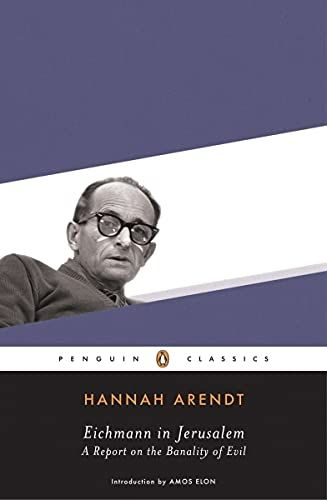
Eichmann in Jerusalem: A Report on the Banality of Evil
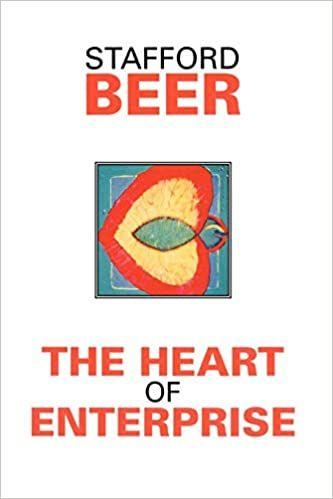
Heart of Enterprise

The Best Bits from Leaders for Humanity with Hari Tsoukas
NOW AVAILABLE: The recording, transcript and podcast
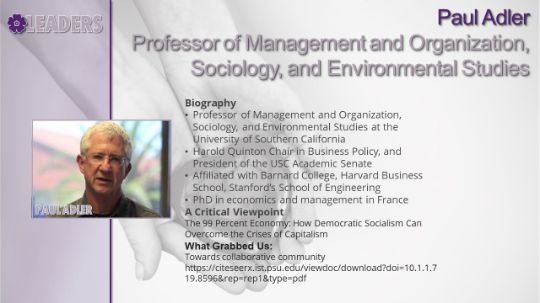
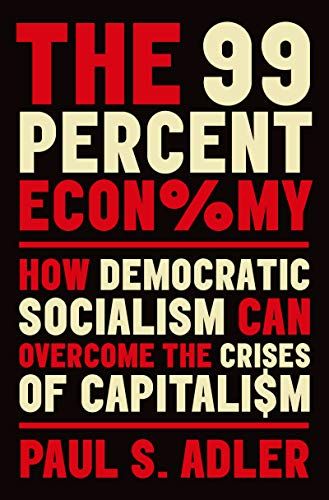
The 99 Percent Economy: How Democratic Socialism Can Overcome the Crises of Capitalism

The Oxford Handbook of Sociology, Social Theory, and Organization Studies: Contemporary Currents
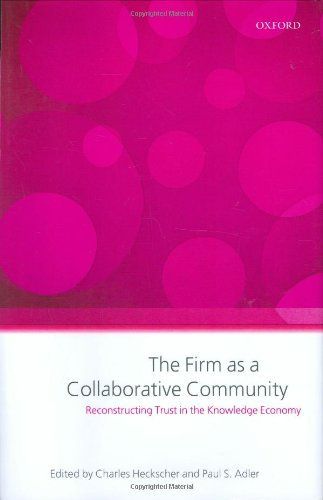
The Firm as a Collaborative Community: The Reconstruction of Trust in the Knowledge Economy
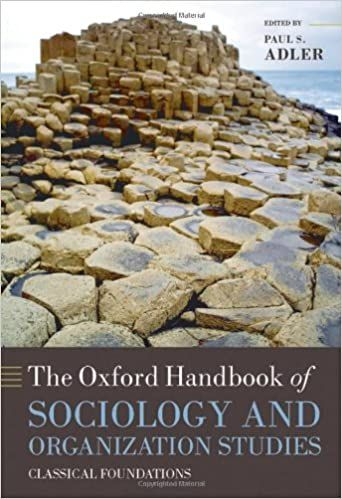
The Oxford Handbook of Sociology and Organization Studies: Classical Foundations
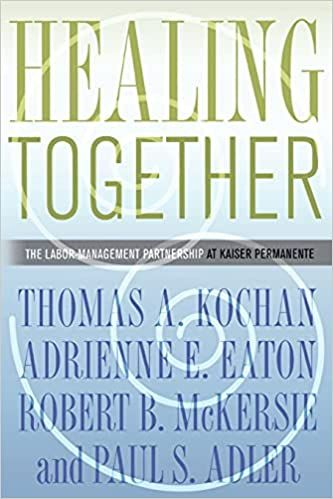
Healing Together: The Labor-Management Partnership at Kaiser Permanente
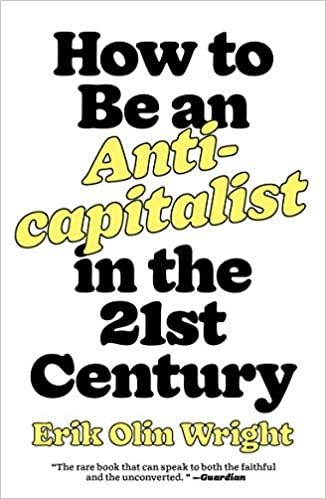
How to be anAnti-capitalist for the 21st Century
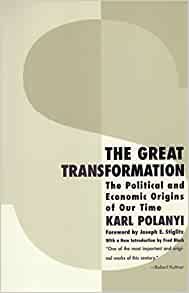
The Great Transformation: The Political and Economic Origins of Our Time
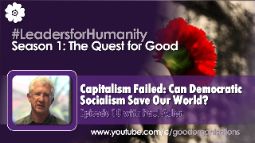
The Best Bits from Leaders for Humanity with Paul Adler
The recording & some of our preferred quotes
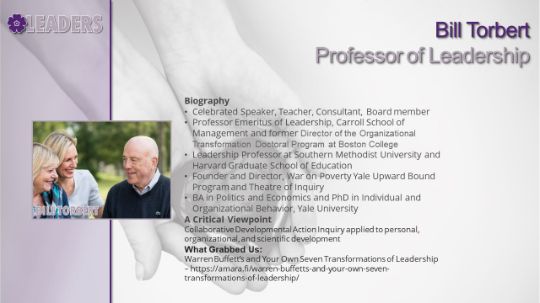
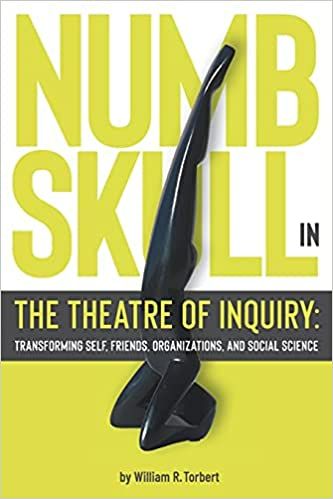
Numbskull in the Theatre of Inquiry: Transforming Self, Friends, Organizations, and Social Science
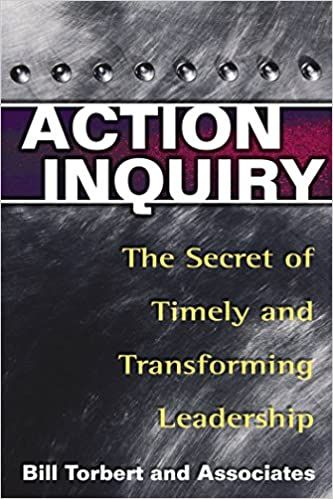
Action Inquiry: The Secret of Timely and Transforming Leadership
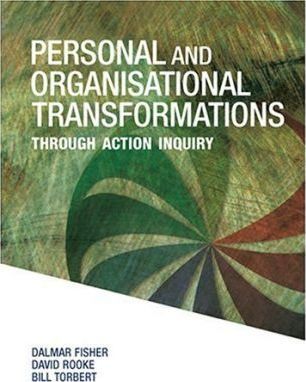
Personal and Organisational Transformations: Through Action Inquiry
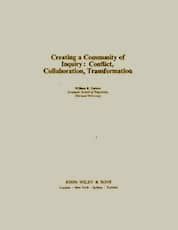
Creating a Community of Inquiry: Conflict, Collaboration, Transformation [Download]

Learning from Experience: Toward Consciousness [Download]
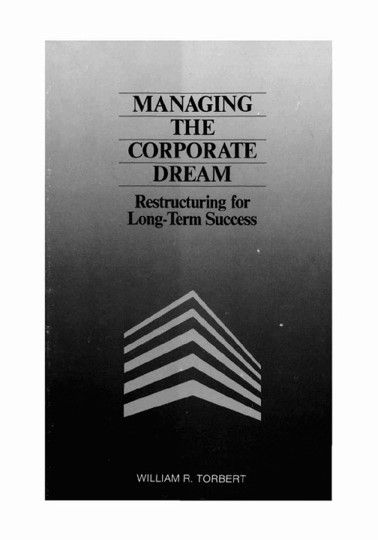
Managing the Corporate Dream: Restructuring for Longterm Success [Download]
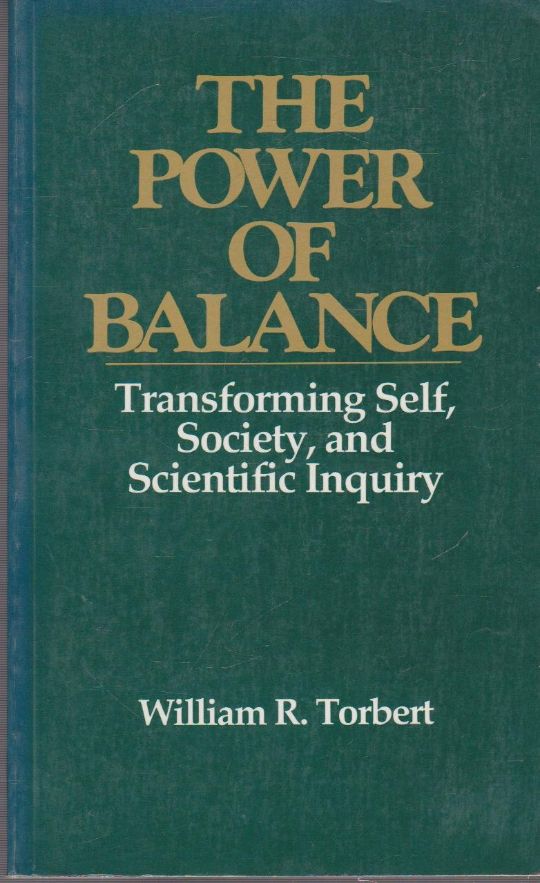
The Power of Balance: Transforming Self, Society and Scientific Inquiry [Download]
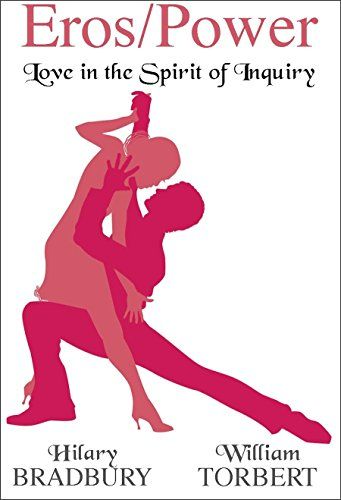
Eros/Power: Love in the Spirit of Inquiry
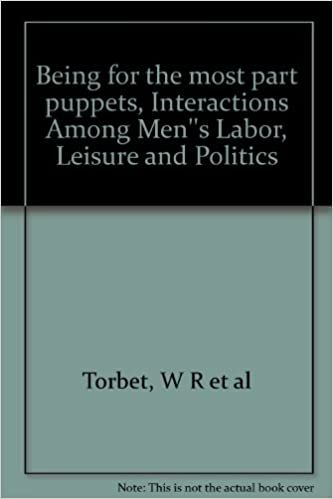
Being for the Most Part Puppets [Download]
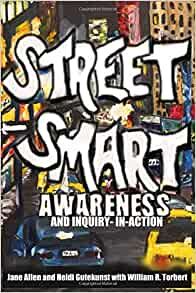
Street Smart Awareness and Inquiry-in-Action
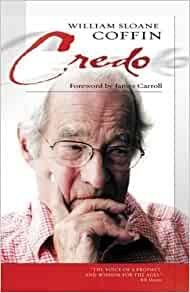
Credo
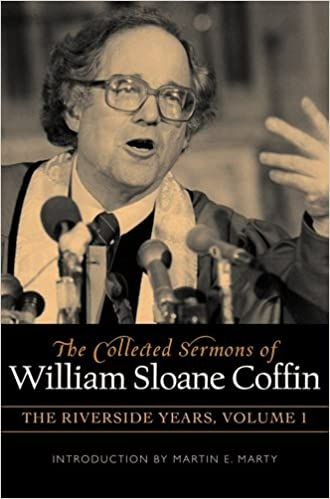
The Collected Sermons of William Sloane Coffin, Volumes One and Two: The Riverside Years
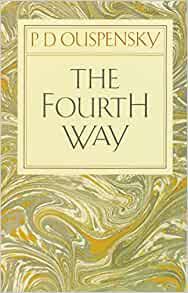
The Fourth Way: Teachings of G.I. Gurdjieff
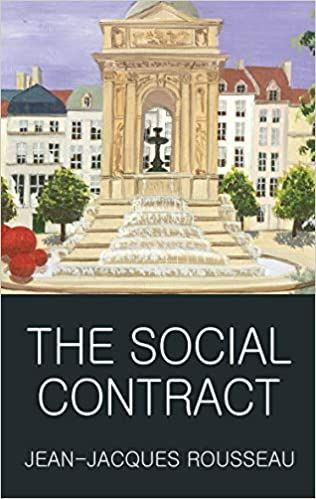
The Social Contract
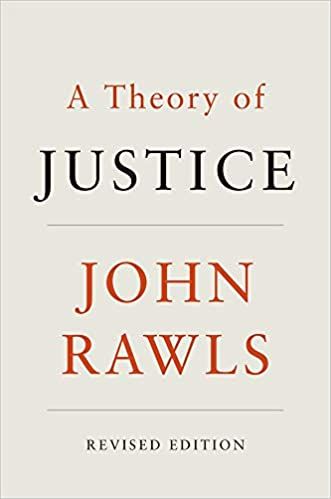
A Theory of Justice: Revised Edition
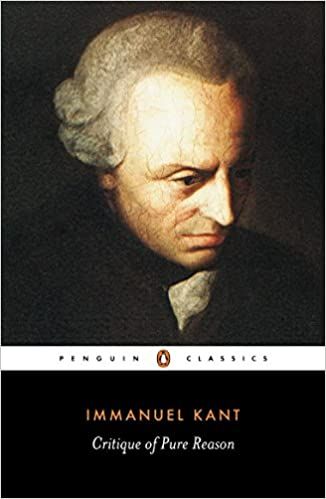
Critique of Pure Reason
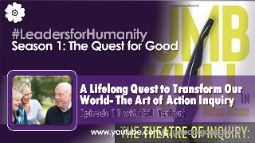
The Best Bits from Leaders for Humanity with Bill Torbert
The recording & some of our preferred quotes
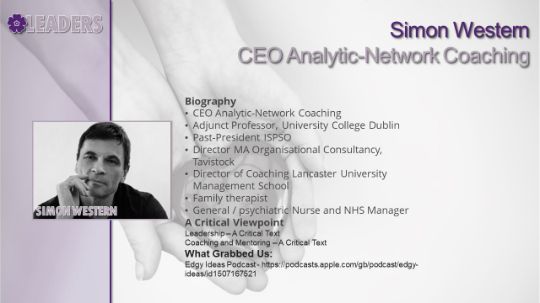

Leadership: A Critical Text
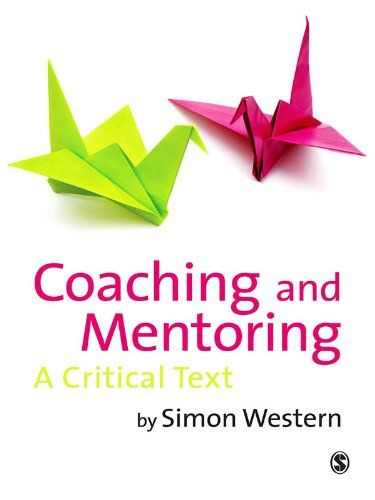
Coaching and Mentoring: A Critical Text
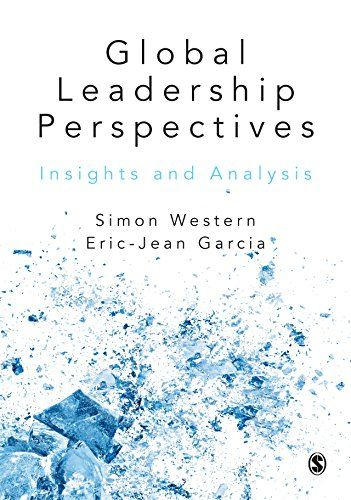
Global Leadership Perspectives: Insights and Analysis
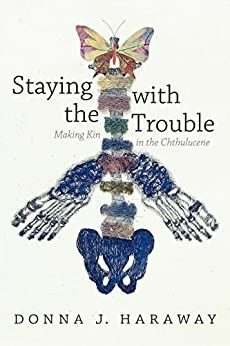
Staying with the Trouble: Making Kin in the Chthulucene (Experimental Futures)
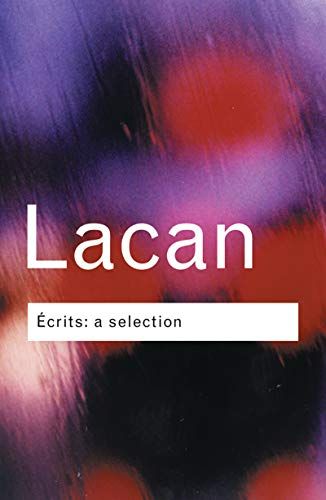
Ecrits: A Selection
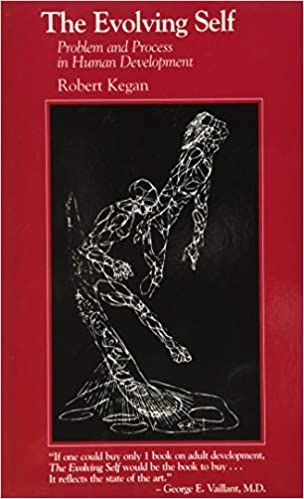
The Evolving Self: Problem and Process in Human Development
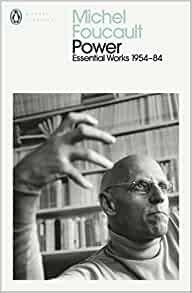
Power: The Essential Works of Michel Foucault 1954-1984
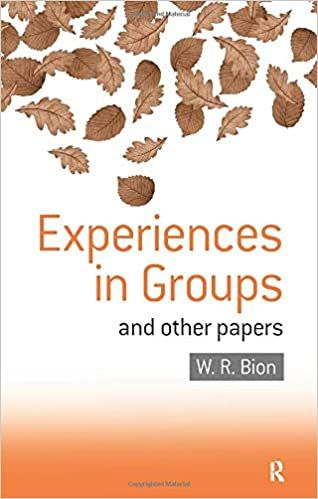
Experiences in Groups: and Other Papers
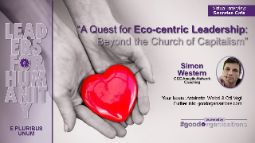
The Best Bits from Leaders for Humanity with Simon Western
The recording & some of our preferred quotes
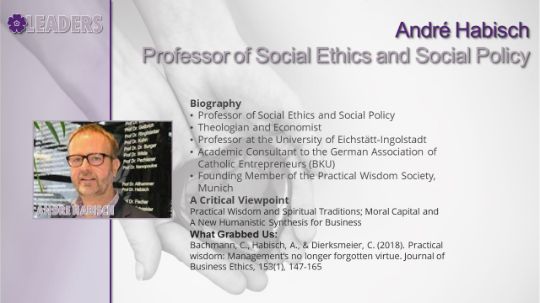
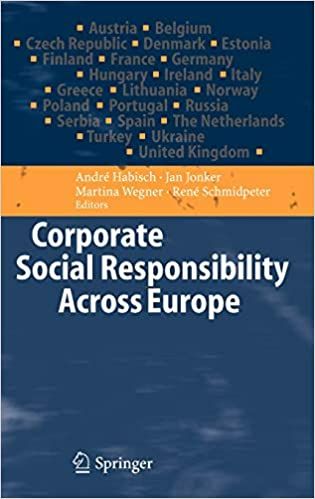
Corporate Social Responsibility Across Europe

The German Chambers of Commerce and Industry: Self-governance, Service,...[Download]

Corporate Citizenship: Gesellschaftliches Engagement von Unternehmen in Deutschland (Unternehmen und Gesellschaft) (German Edition)
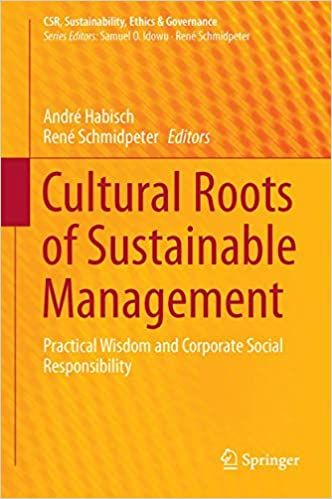
Cultural Roots of Sustainable Management: Practical Wisdom and Corporate Social Responsibility

Tradition und Erneuerung der christlichen Sozialethik in Zeiten der Modernisierung

Erfolgsfaktor Verantwortung: Corporate Social Responsibility professionell managen (German Edition)
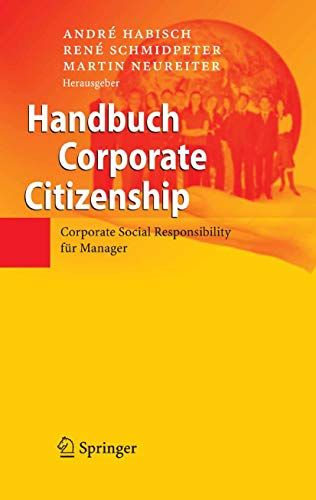
Handbuch Corporate Citizenship: Corporate Social Responsibility für Manager (German Edition)
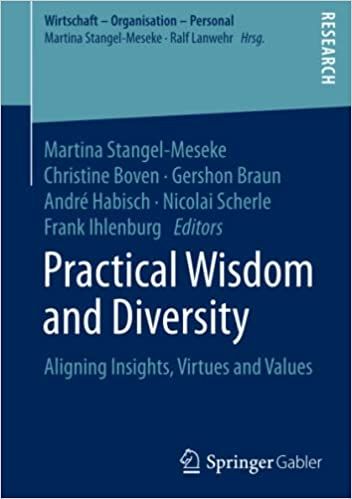
Practical Wisdom and Diversity: Aligning Insights, Virtues and Values

Christliche Unternehmer (Deutsche Führungsschichten in der Neuzeit, Band 19)

Léon Harmel: Entrepreneur as Catholic Social Reformer (Catholic Social Tradition)

The Power of Creative Destruction: Economic Upheaval and the Wealth of Nations
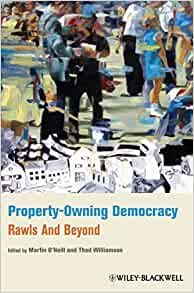
Property-Owning Democracy: Rawls and Beyond

The Best Bits from Leaders for Humanity with André Habisch
The recording & some of our preferred quotes
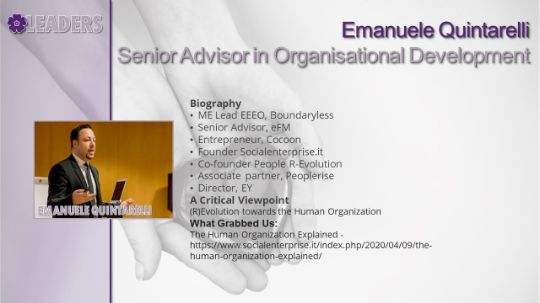
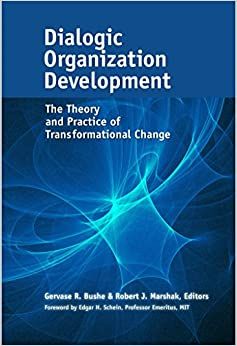
Dialogic Organization Development: The Theory and Practice of Transformational Change
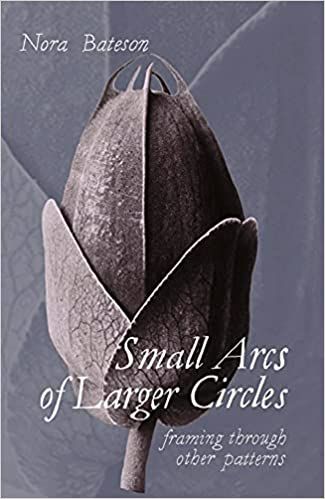
Small Arcs of Larger Circles: Framing Through Other Patterns
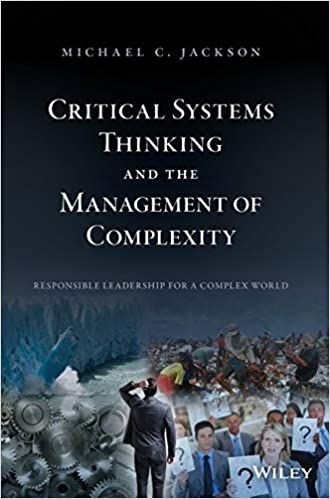
Critical Systems Thinking and the Management of Complexity
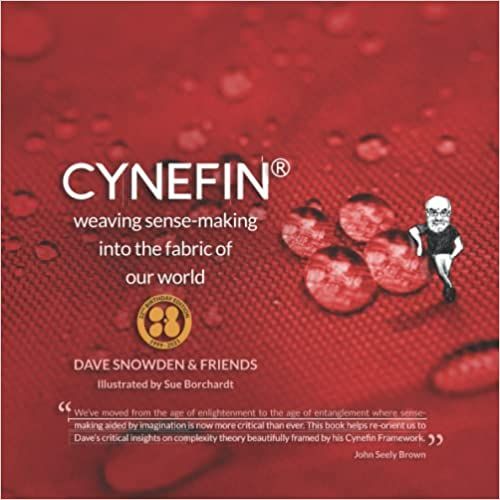
Cynefin - Weaving Sense-Making into the Fabric of Our World
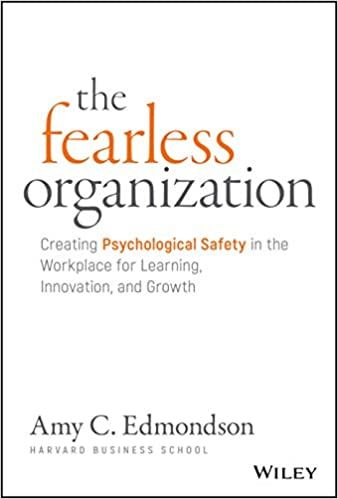
The Fearless Organization: Creating Psychological Safety in the Workplace for Learning, Innovation, and Growth
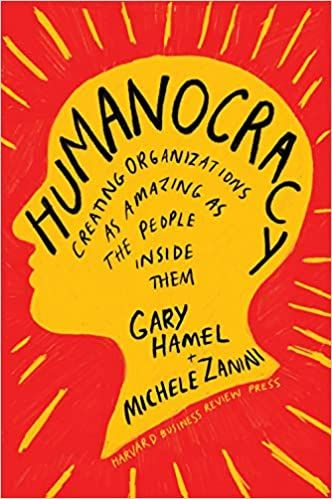
Humanocracy: Creating Organizations as Amazing as the People Inside Them
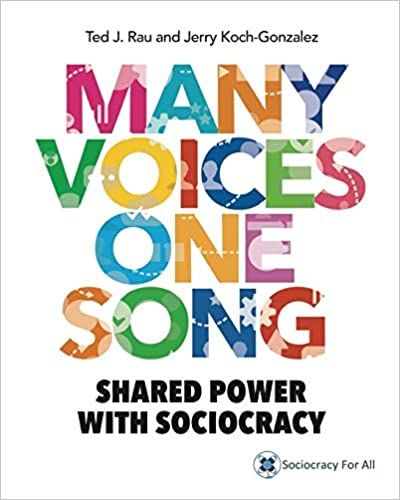
MANY VOICES ONE SONG: SHARED POWER WITH SOCIOCRACY
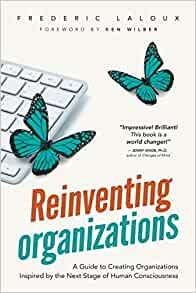
Reinventing Organizations: A Guide to Creating Organizations Inspired by the Next Stage in Human Consciousness [Pay what feels right]

Holacracy: The Revolutionary Management System that Abolishes Hierarchy
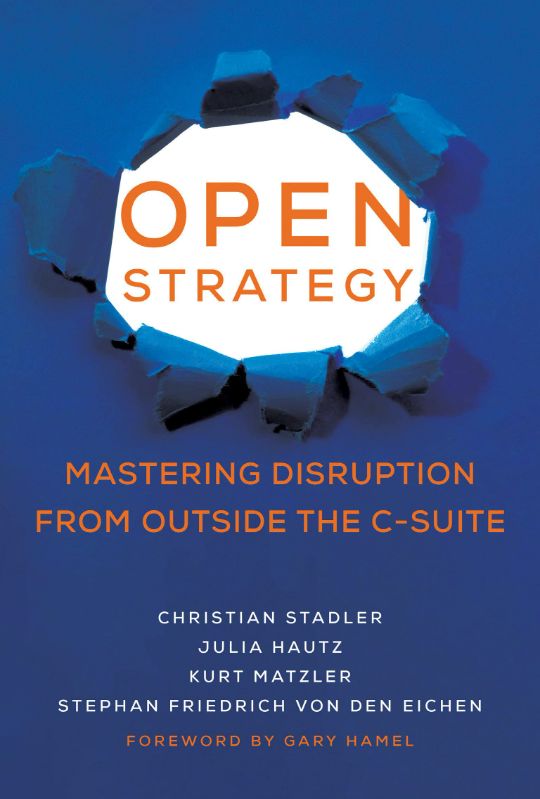
Open Strategy: Mastering Disruption from Outside the C-Suite (Management on the Cutting Edge)
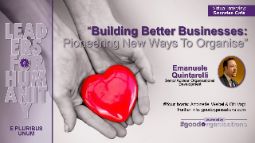
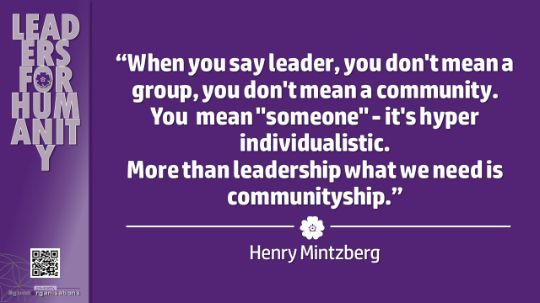
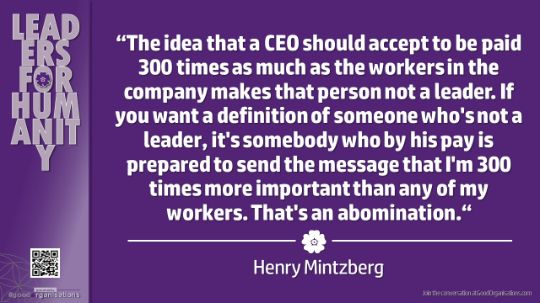
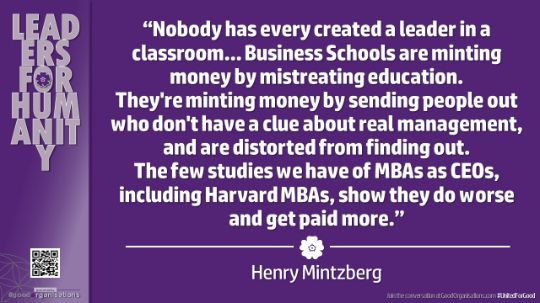
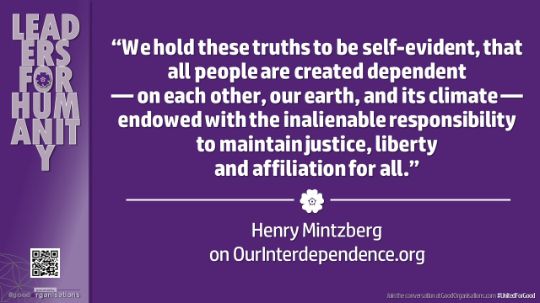
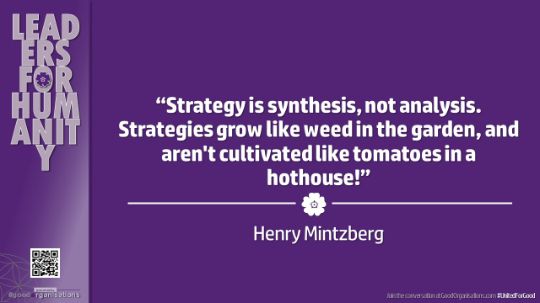
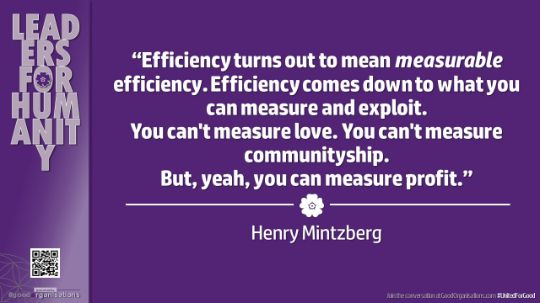
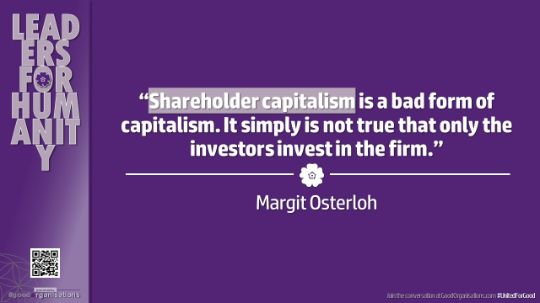
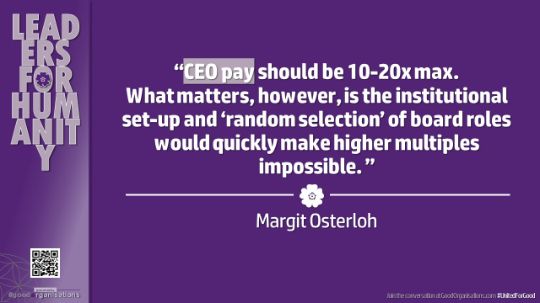
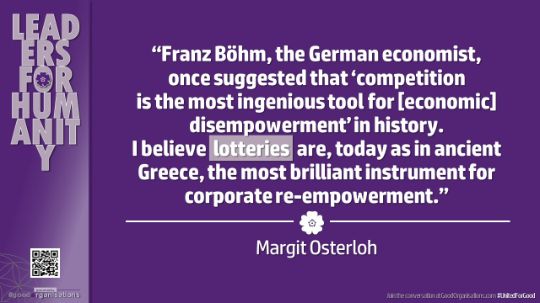
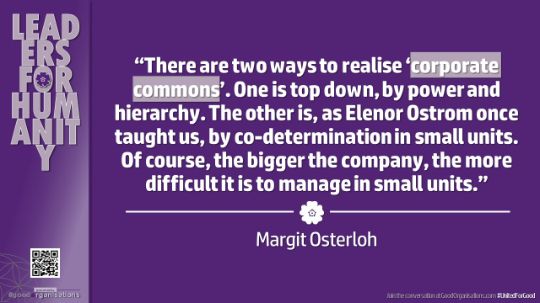
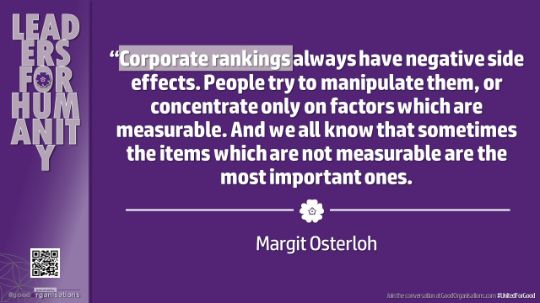
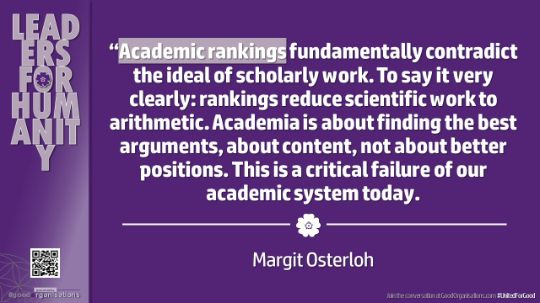
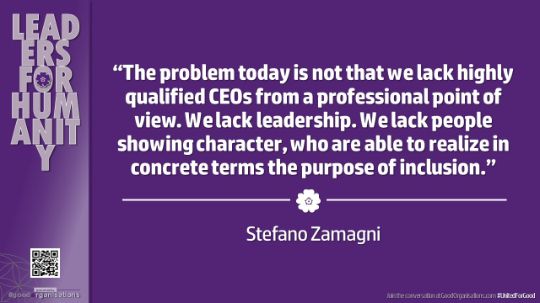
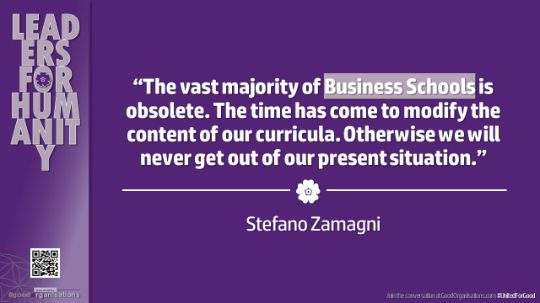
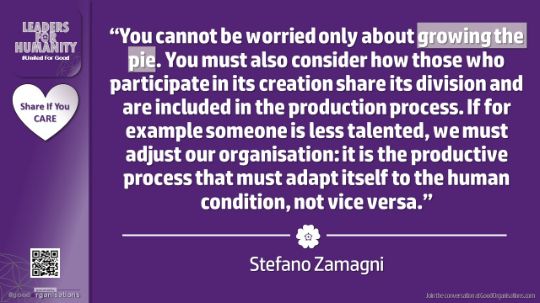
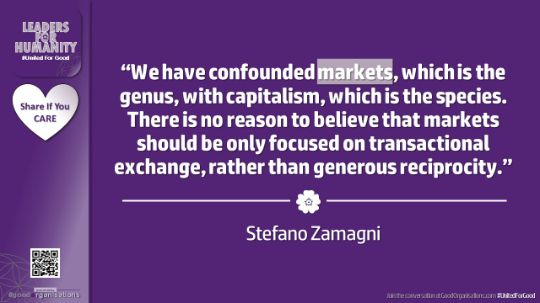
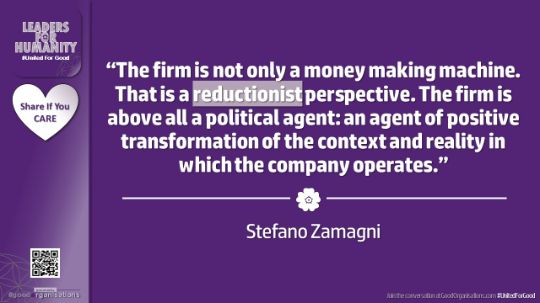
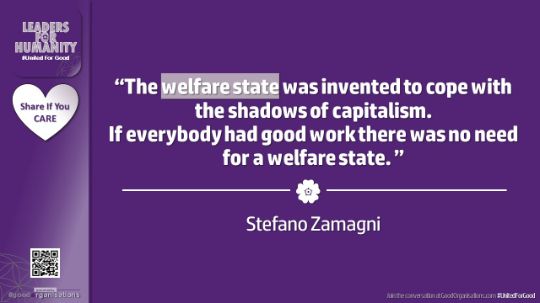
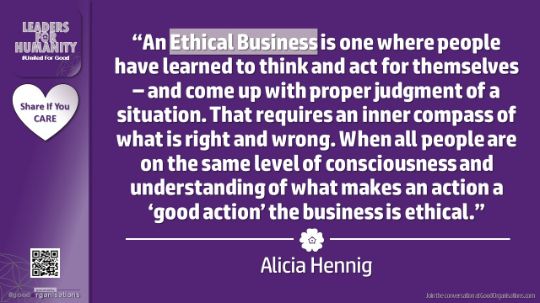
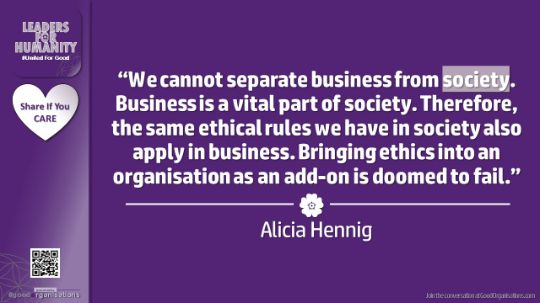
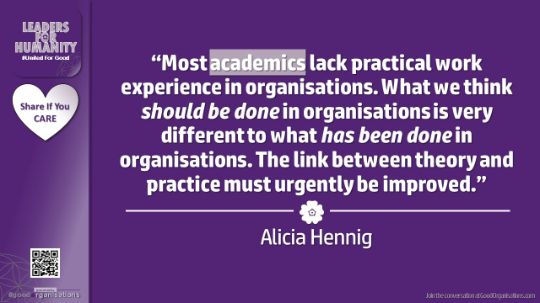
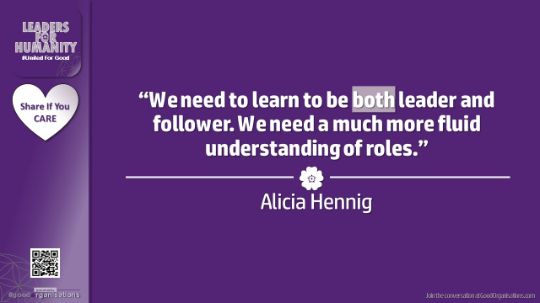
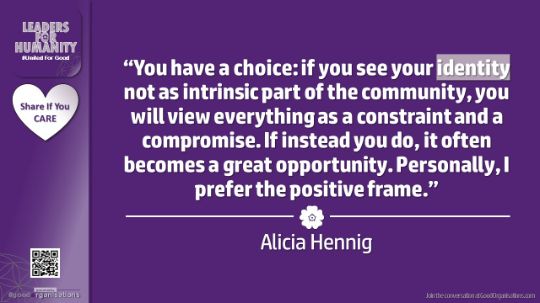
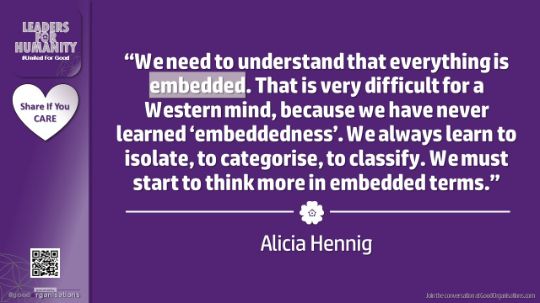
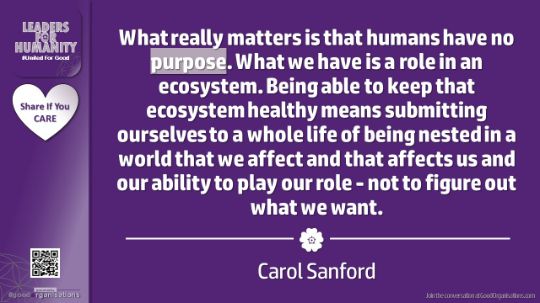
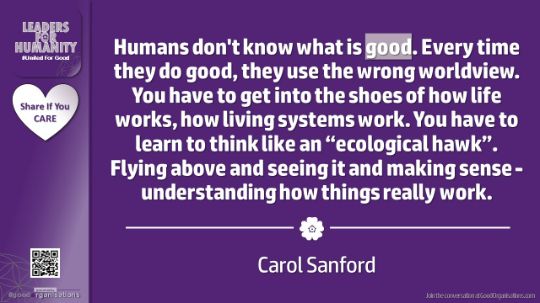
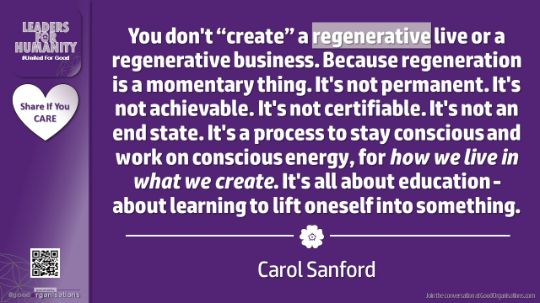
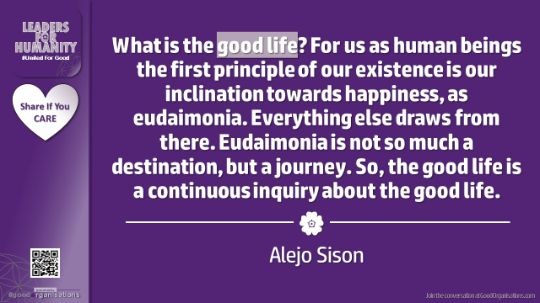
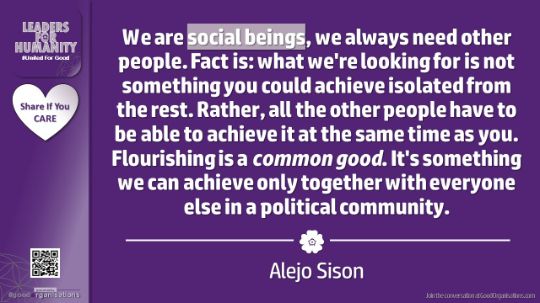
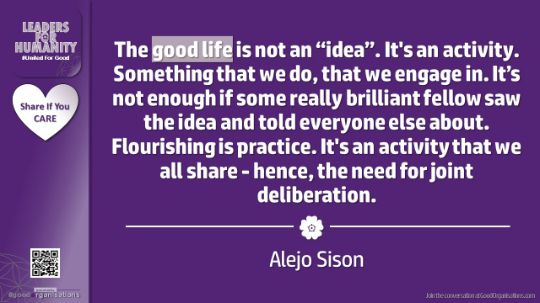
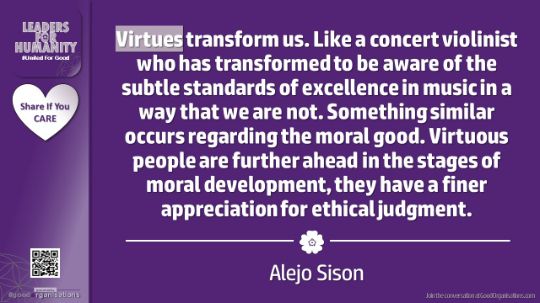
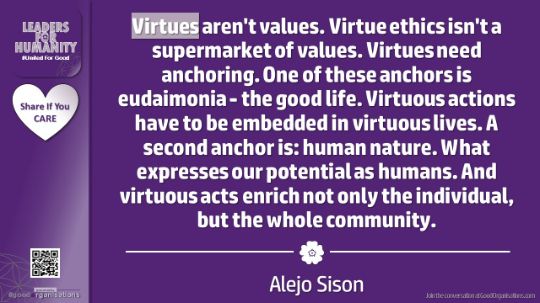
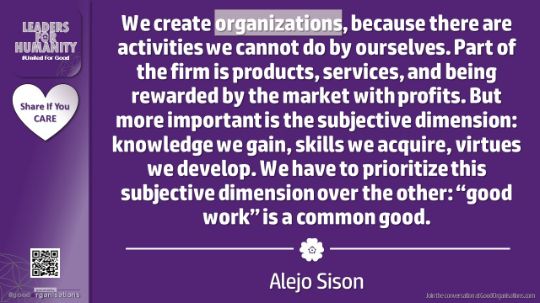
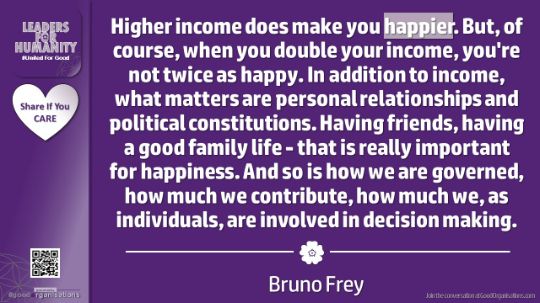
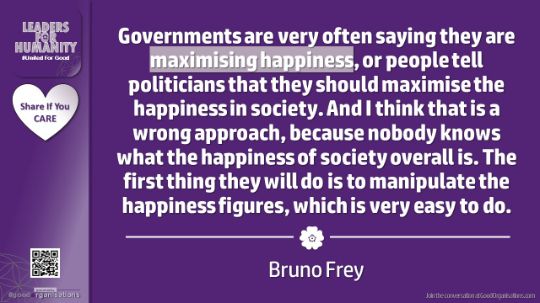
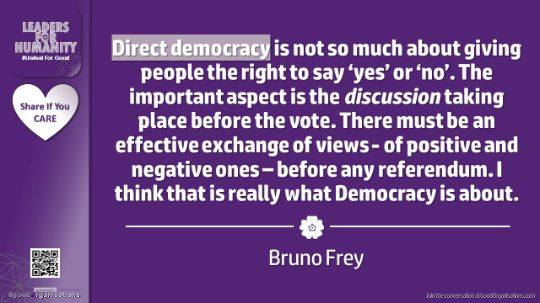
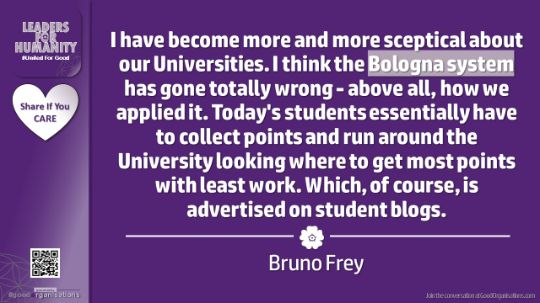
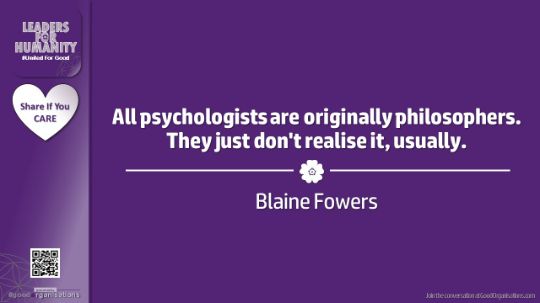
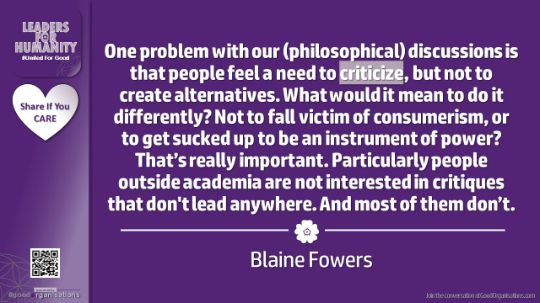
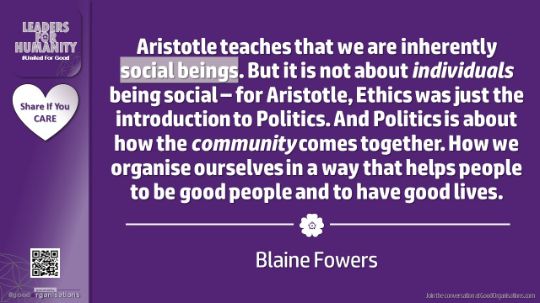
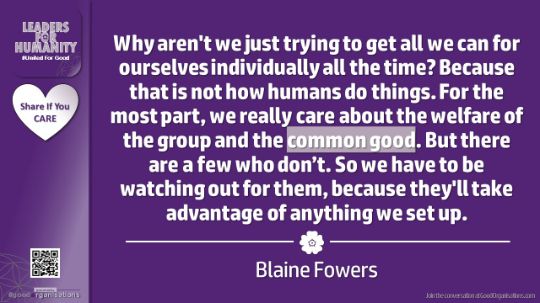
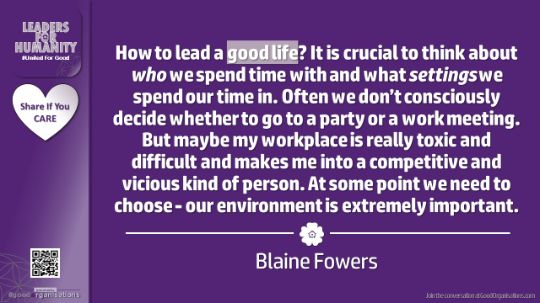
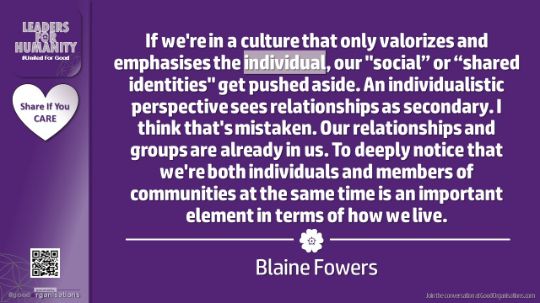
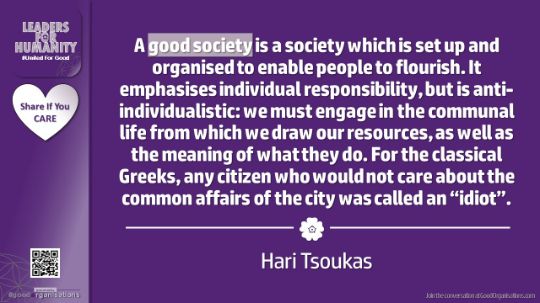
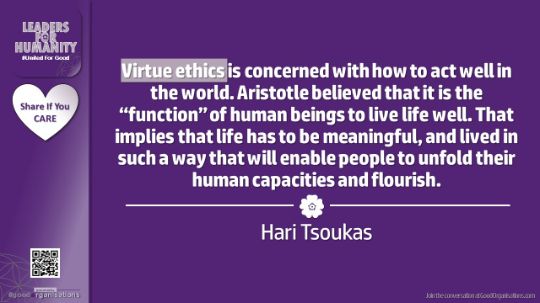
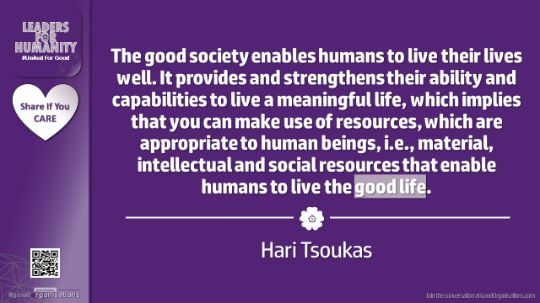
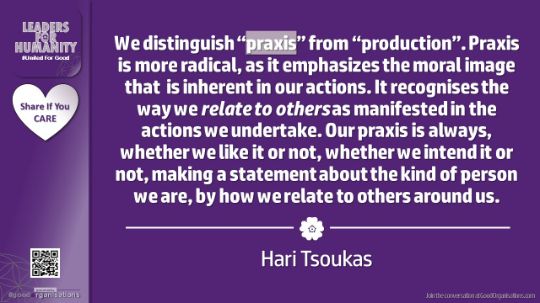
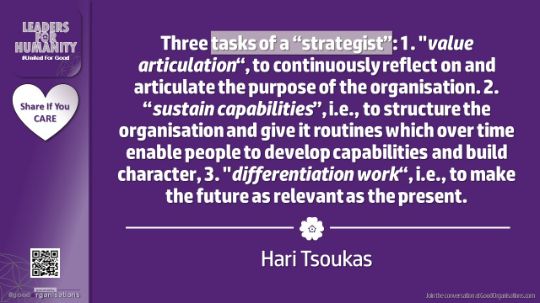
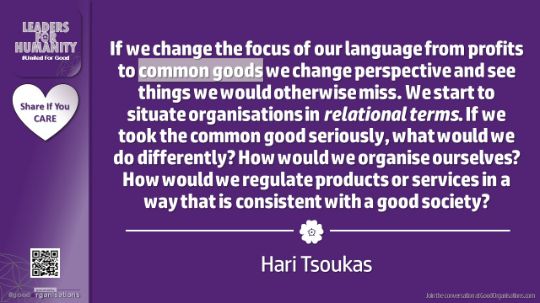
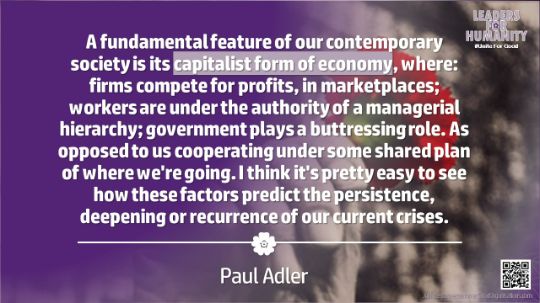
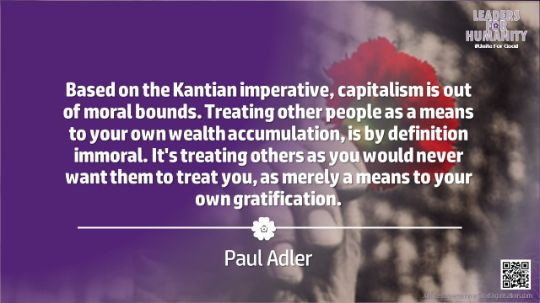
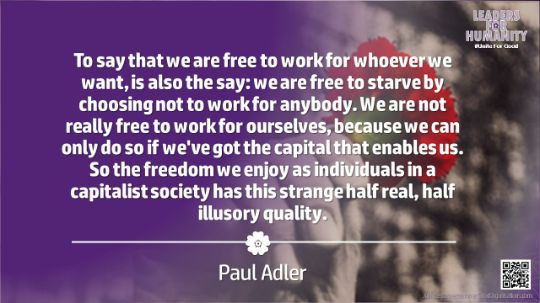
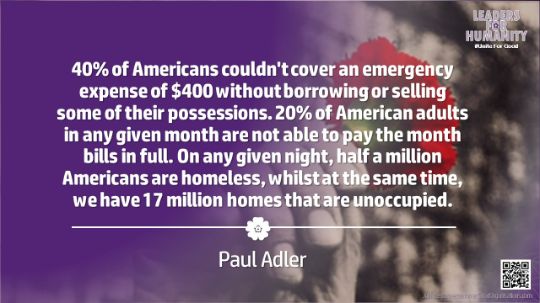
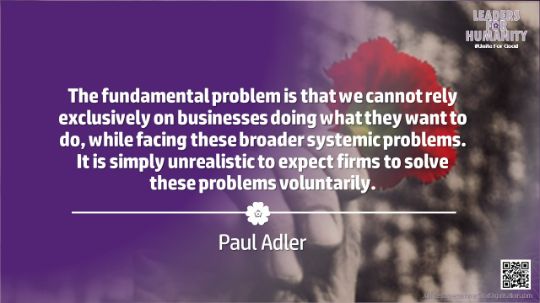
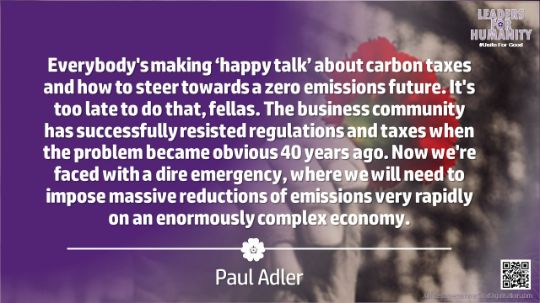
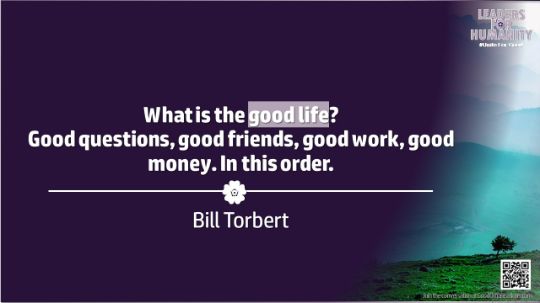
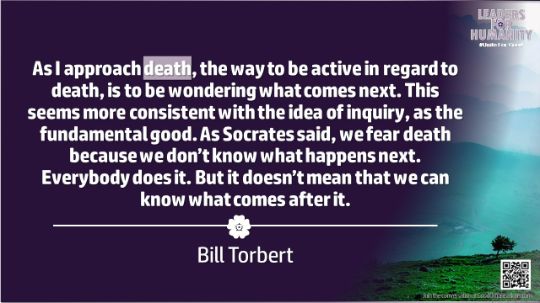
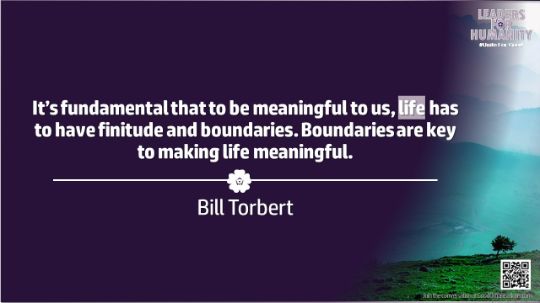
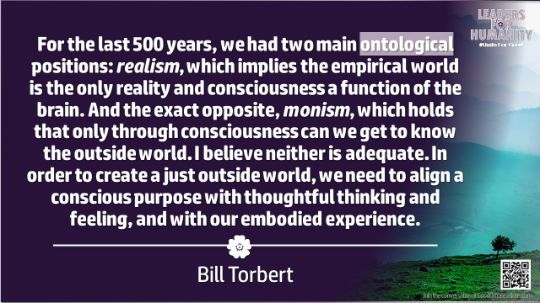
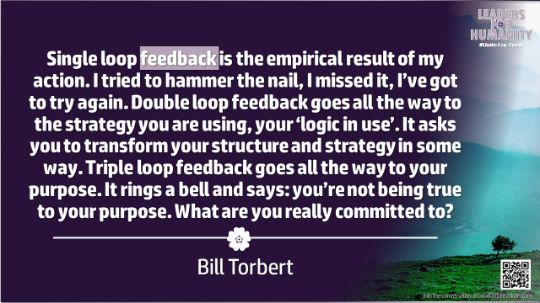
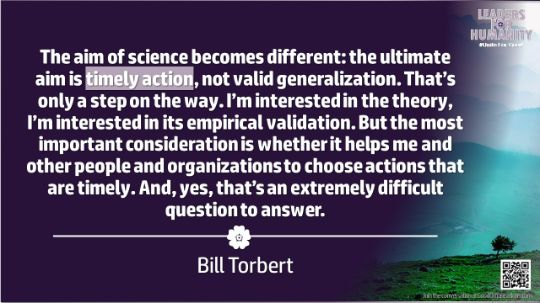
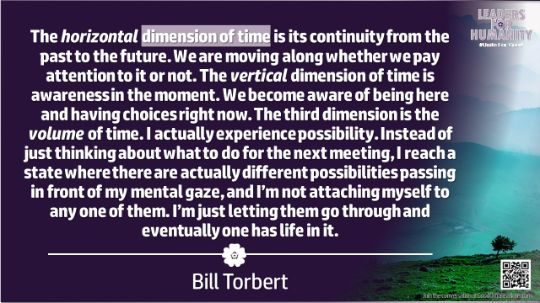
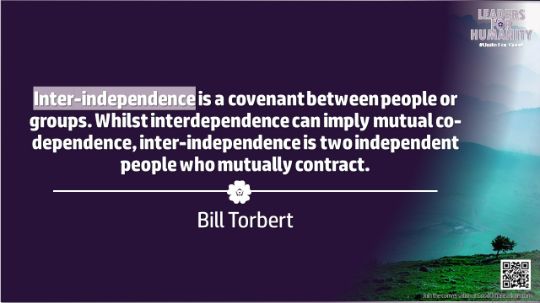
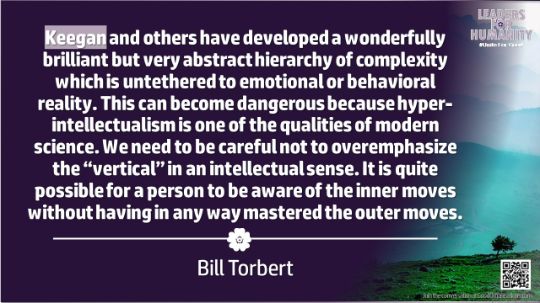
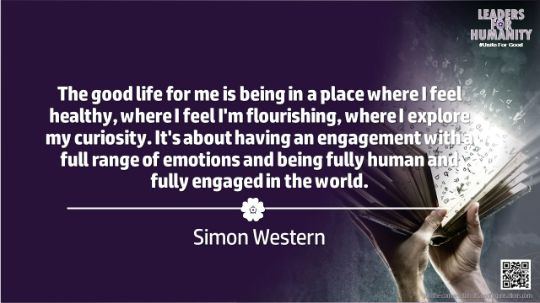
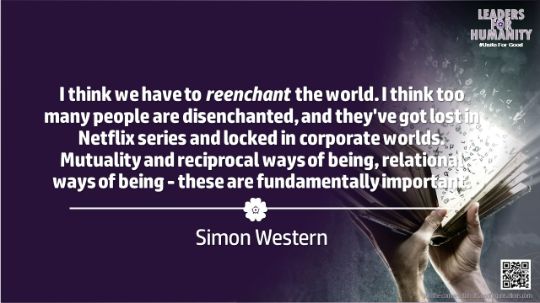
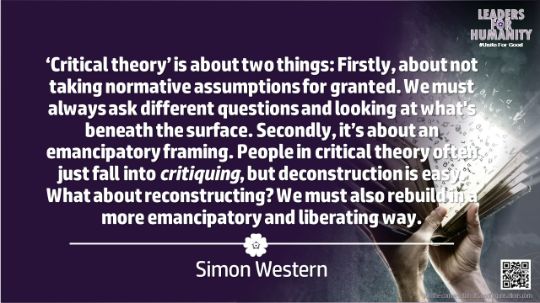
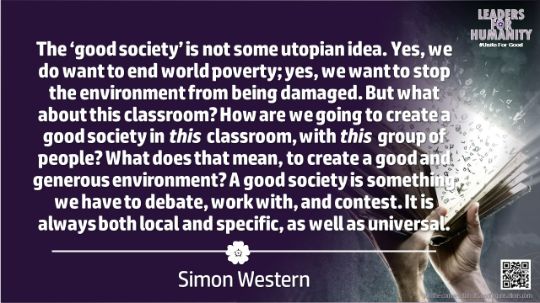
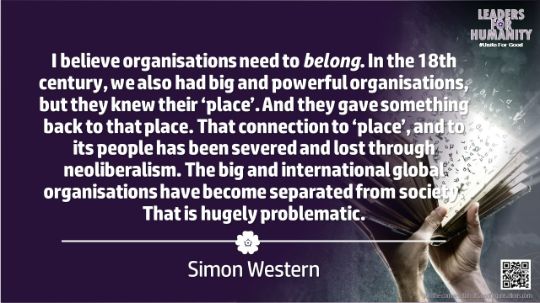
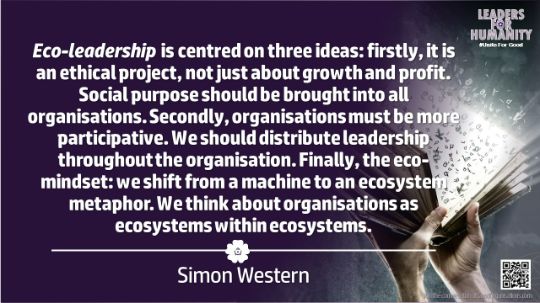
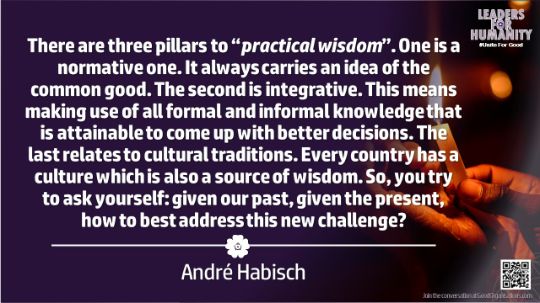
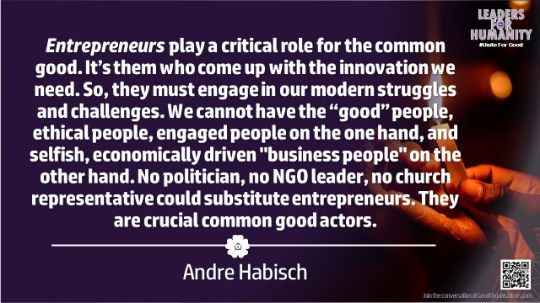
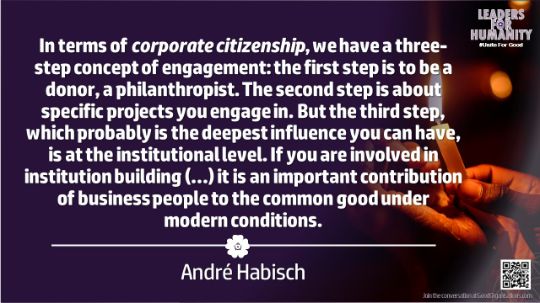
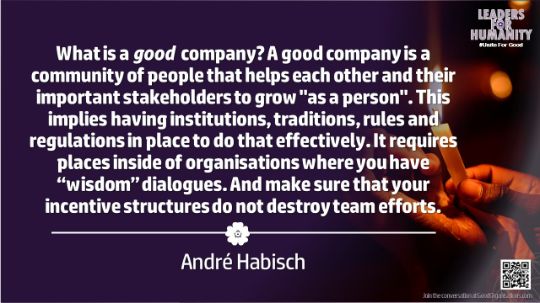
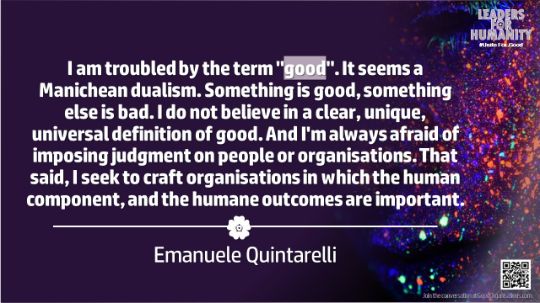
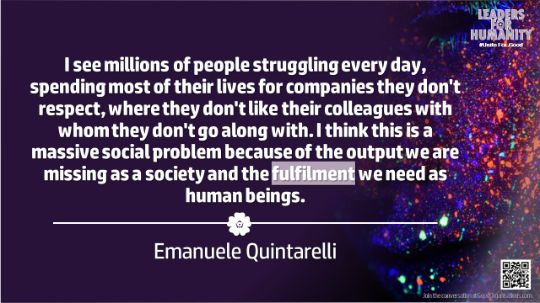
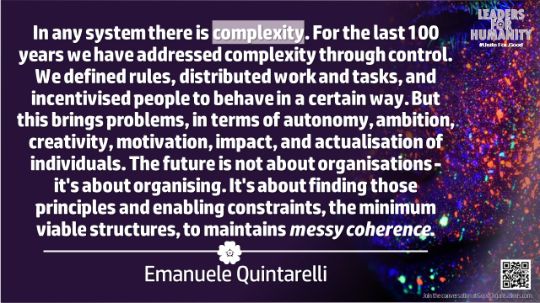
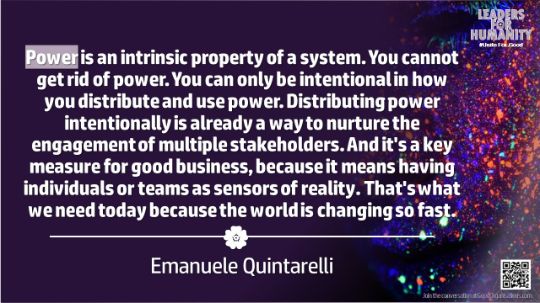
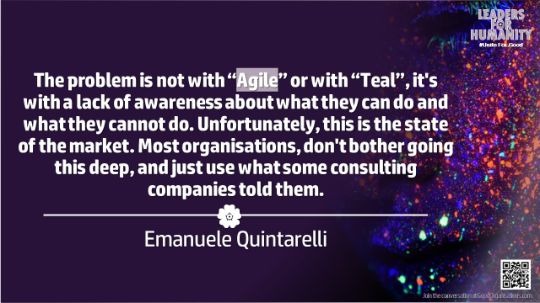
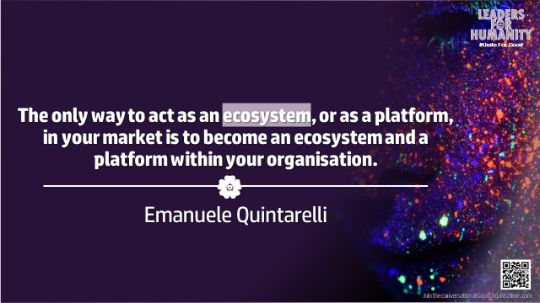
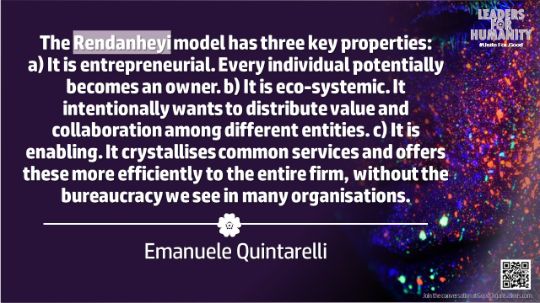
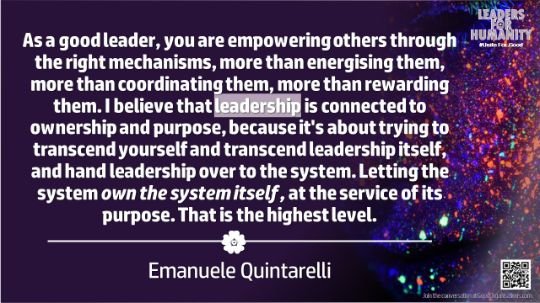
 .
.